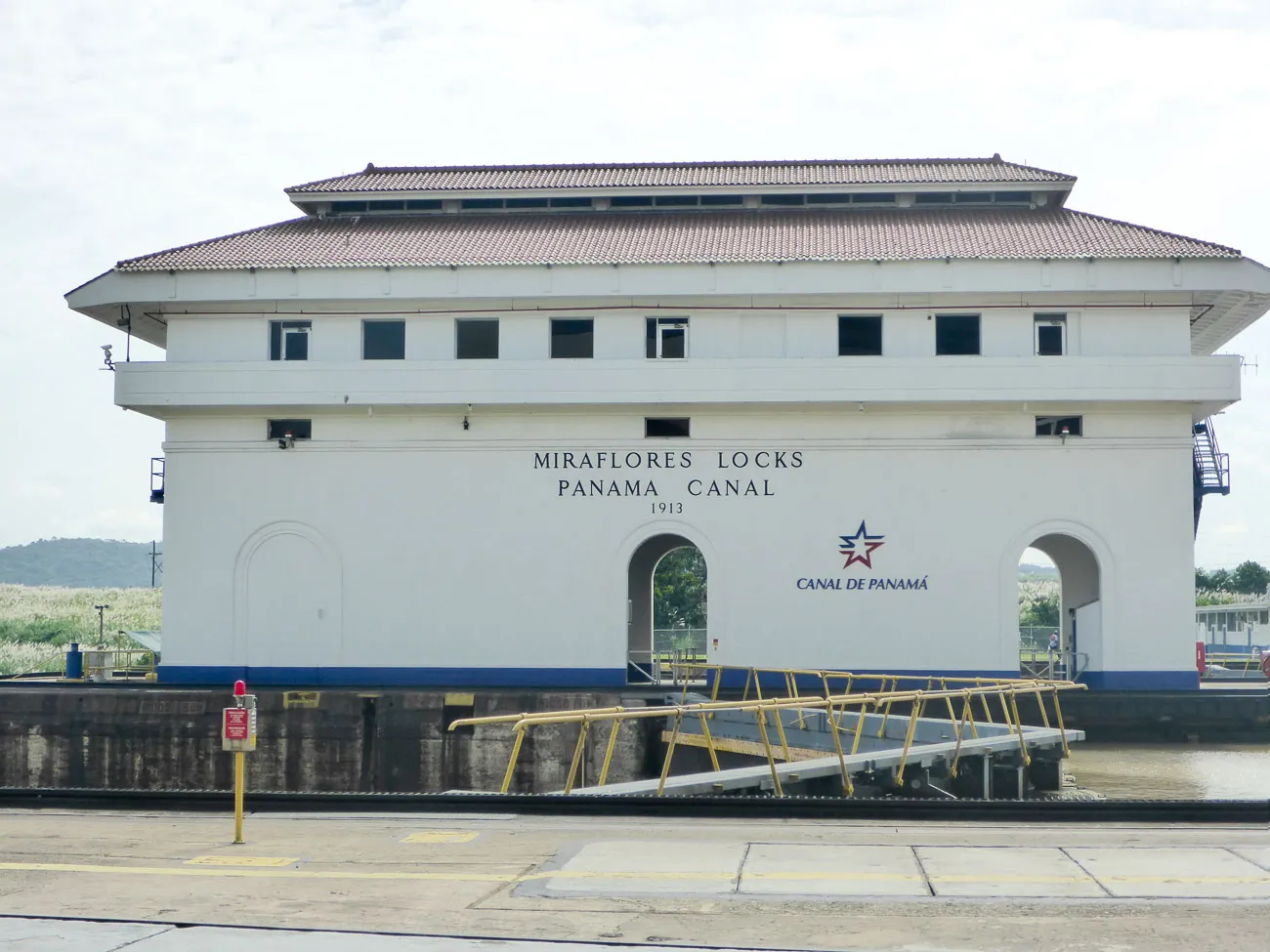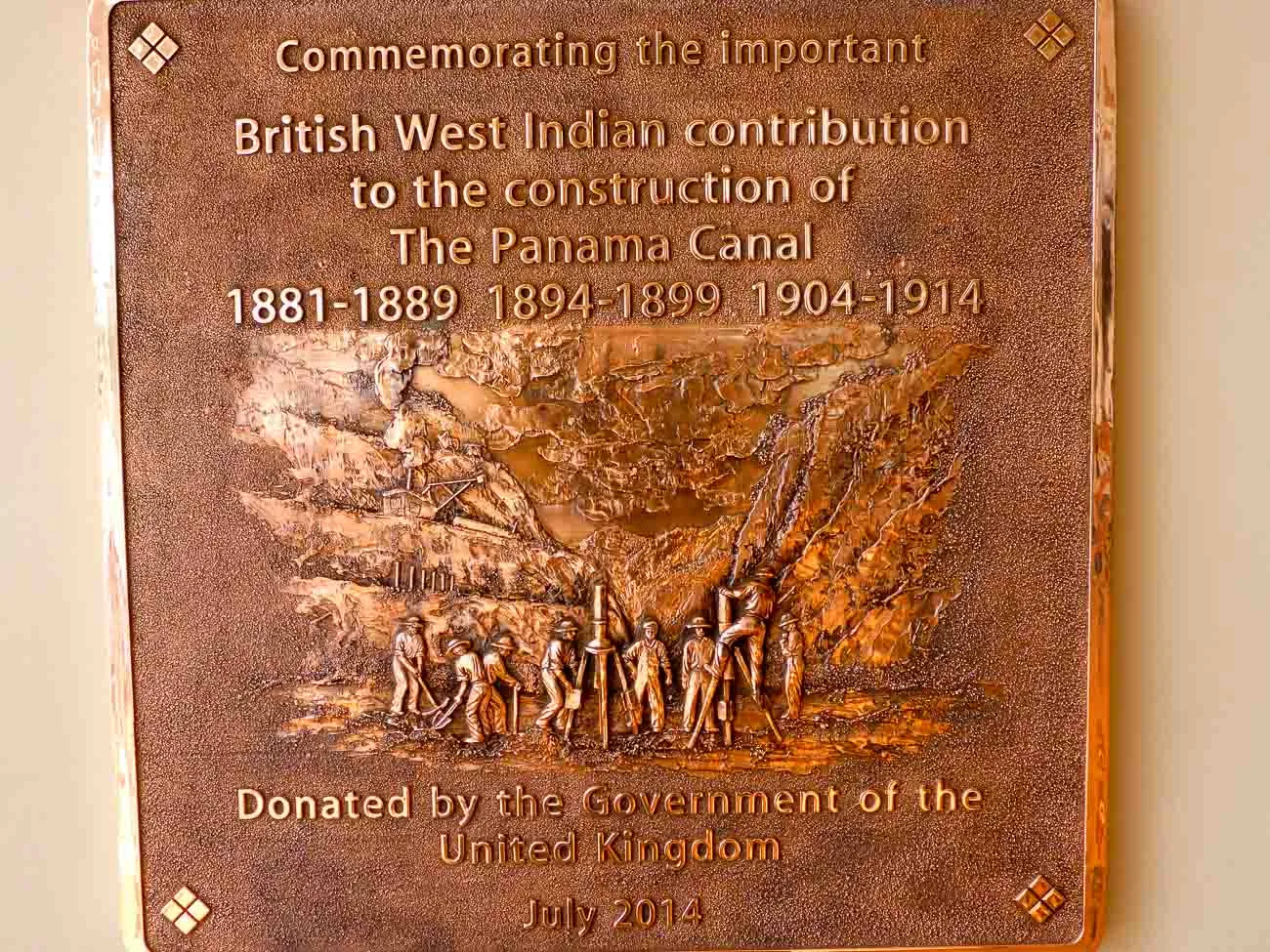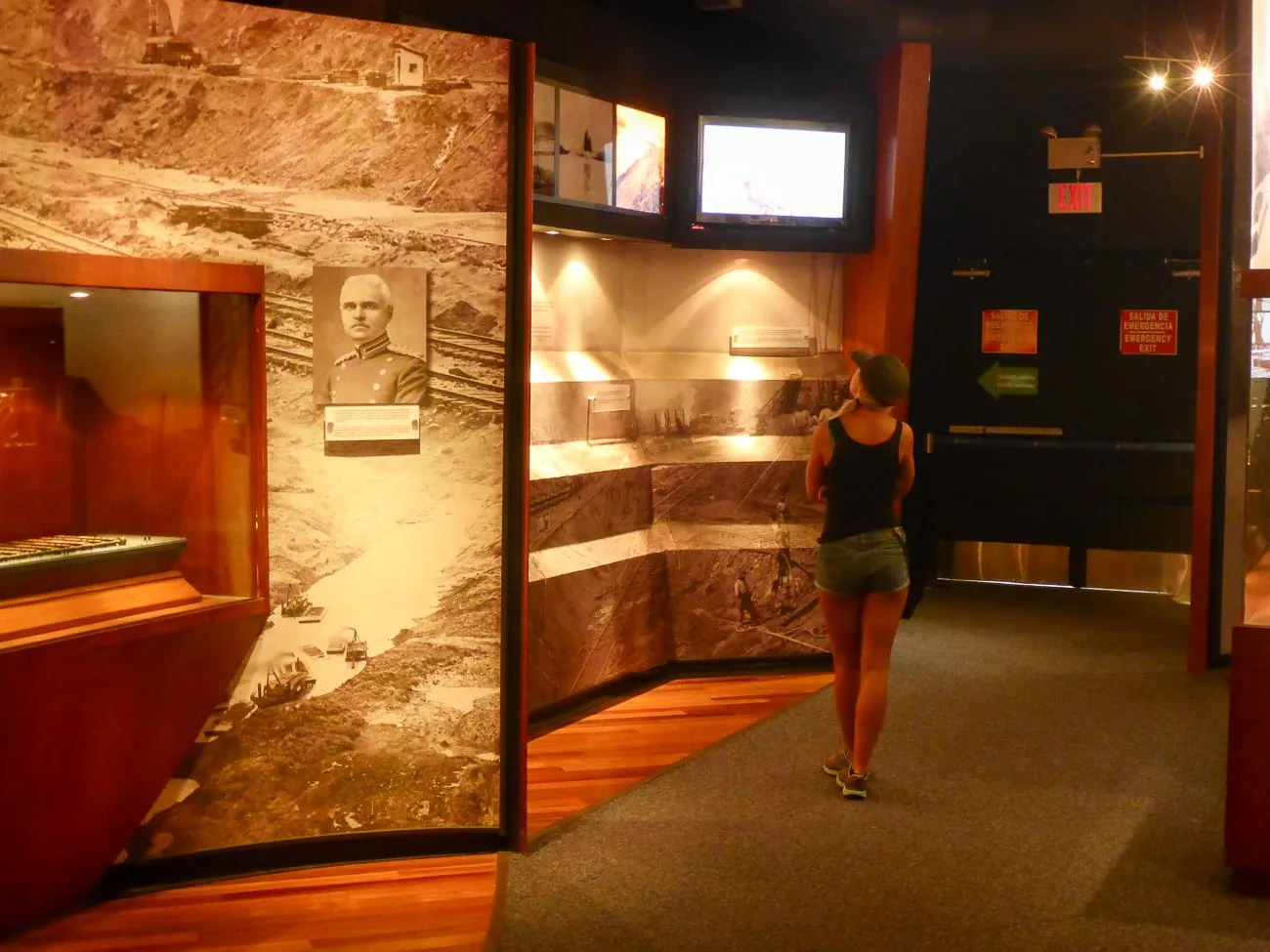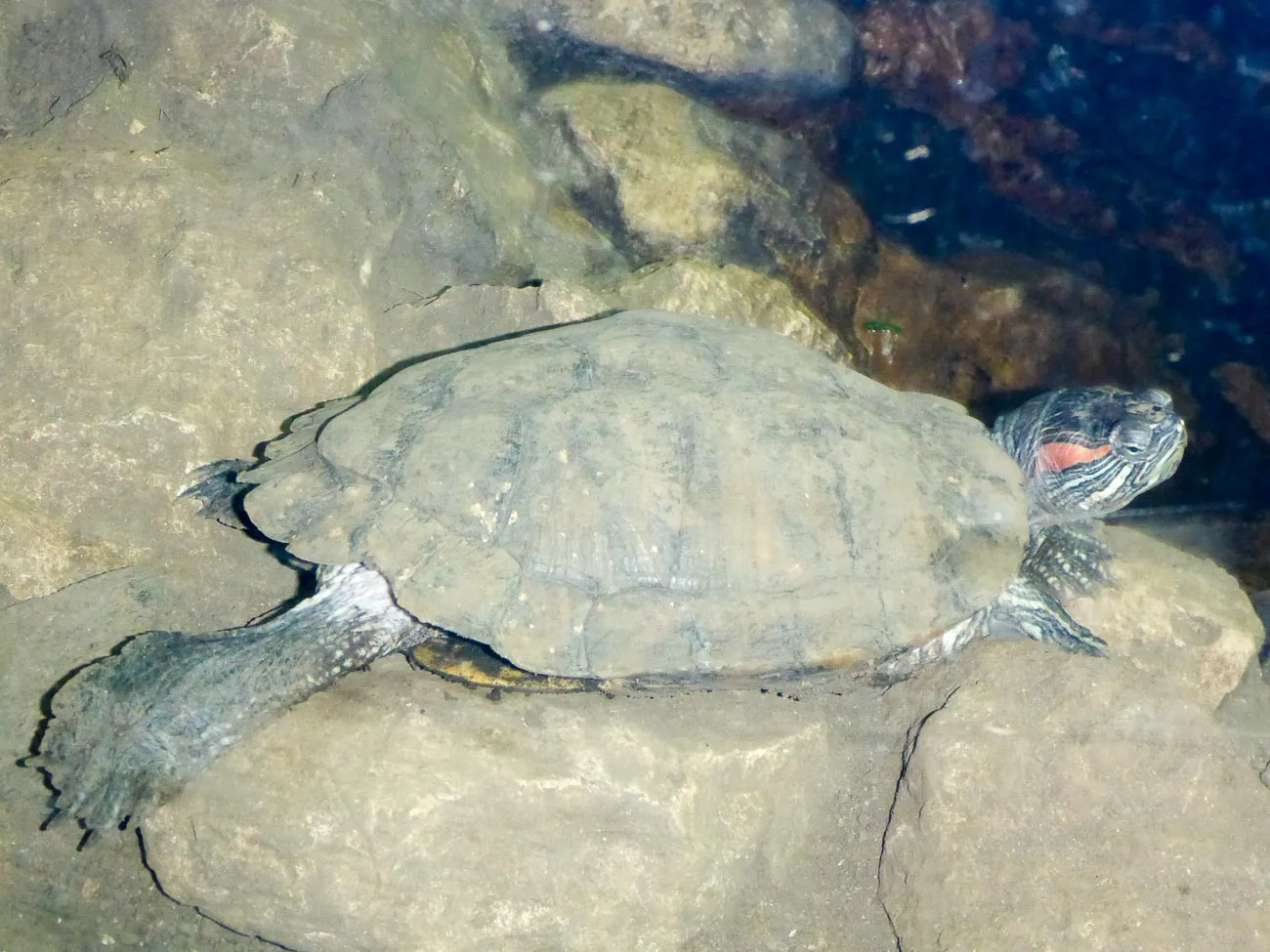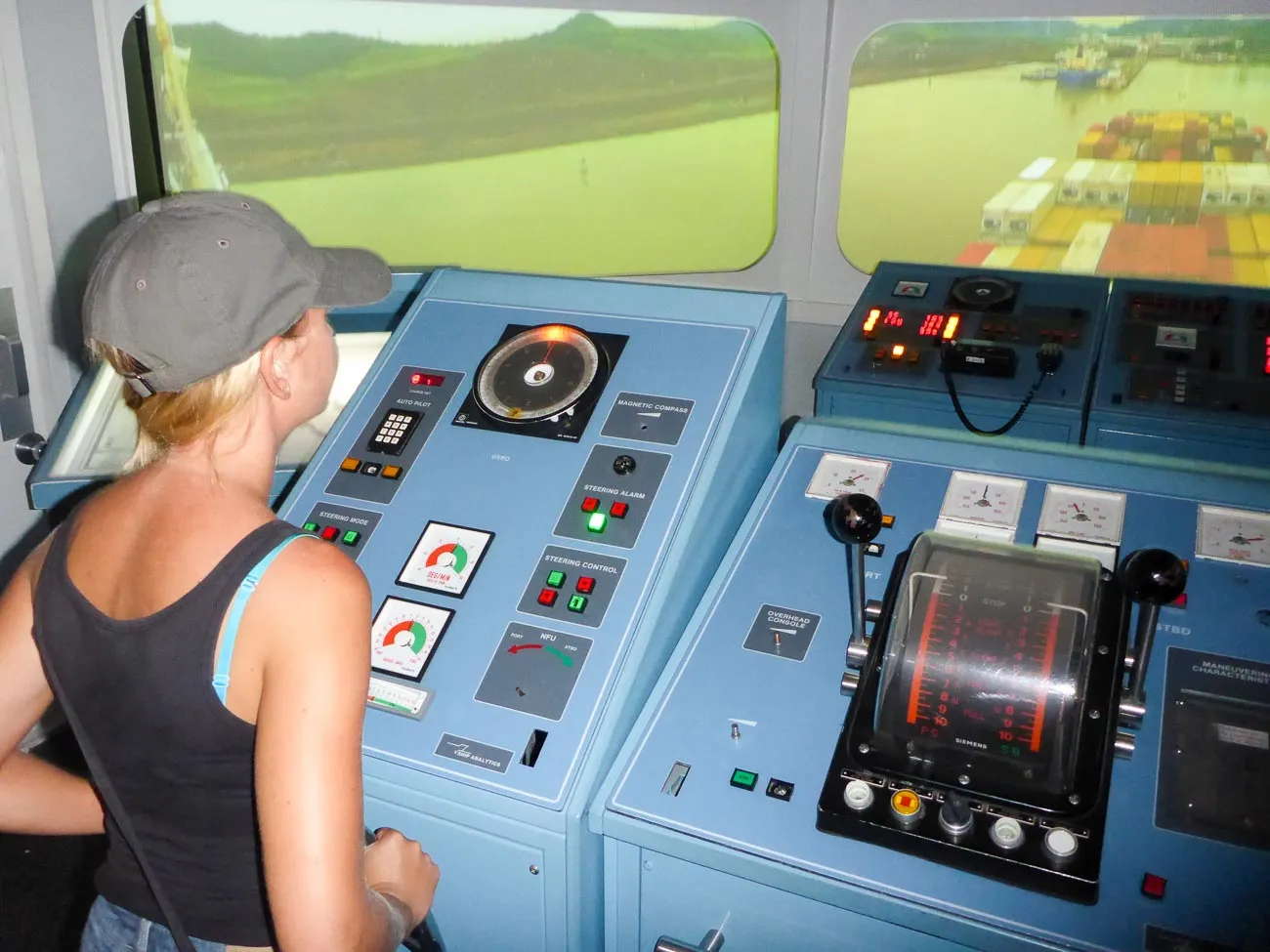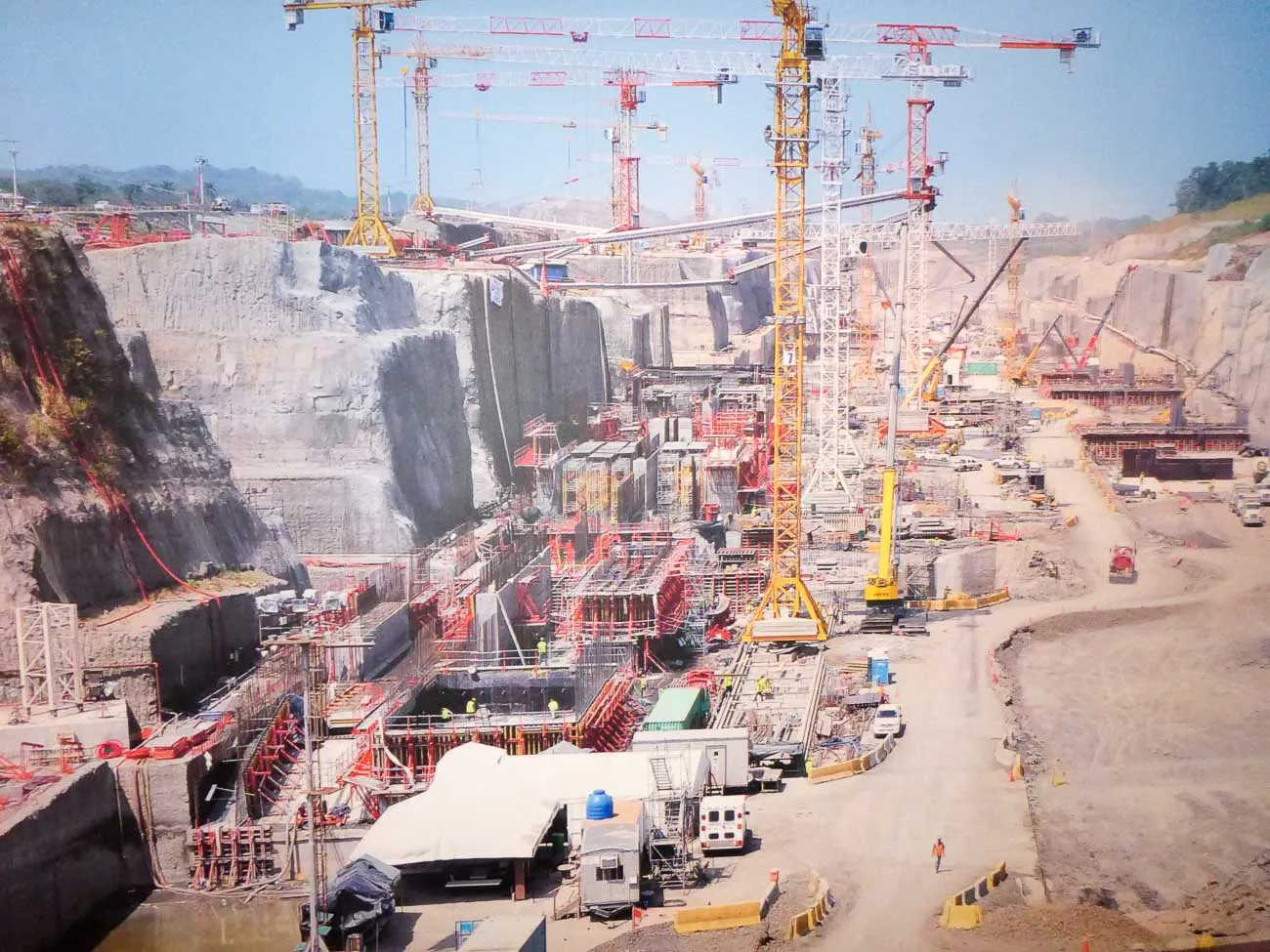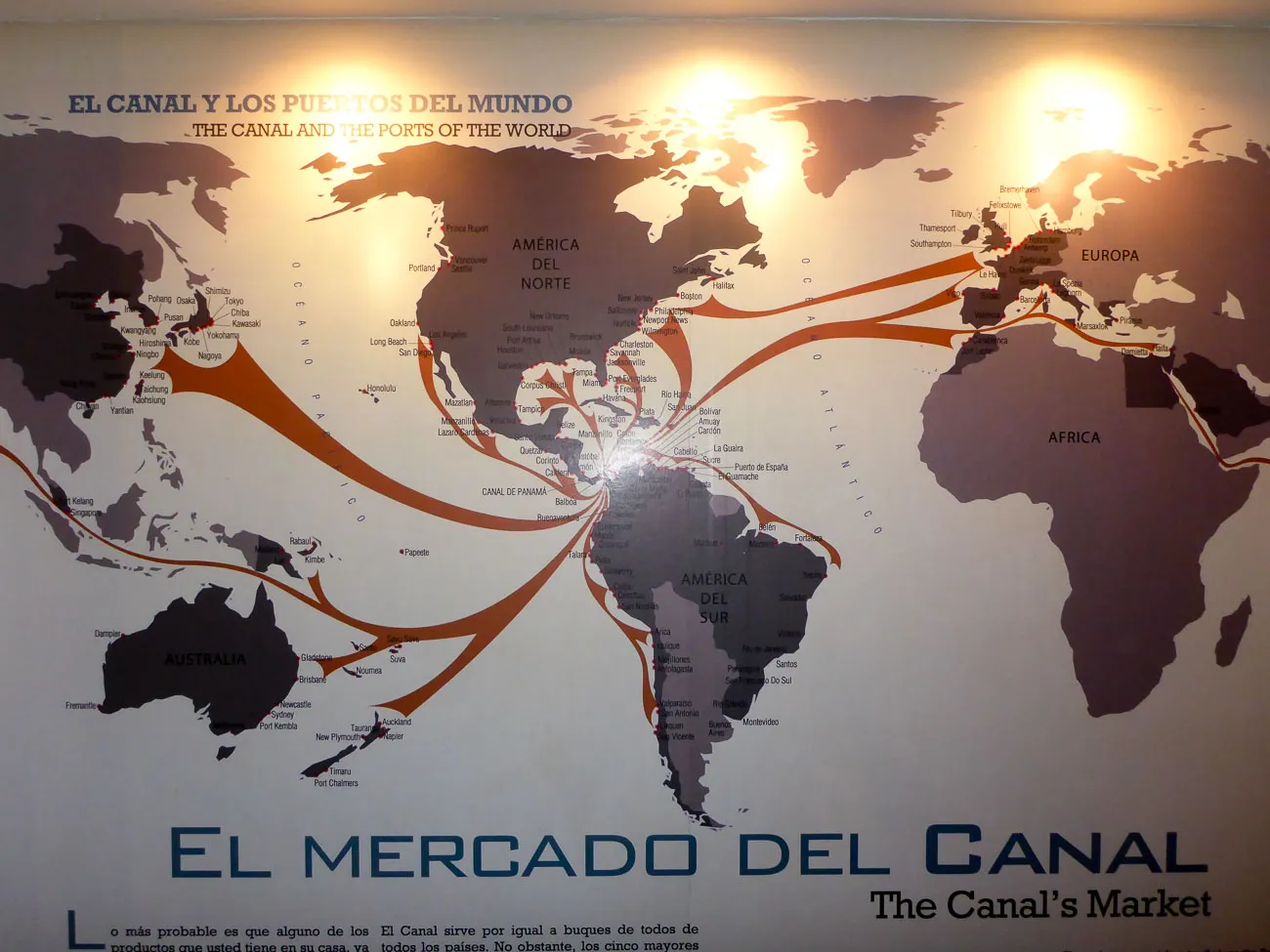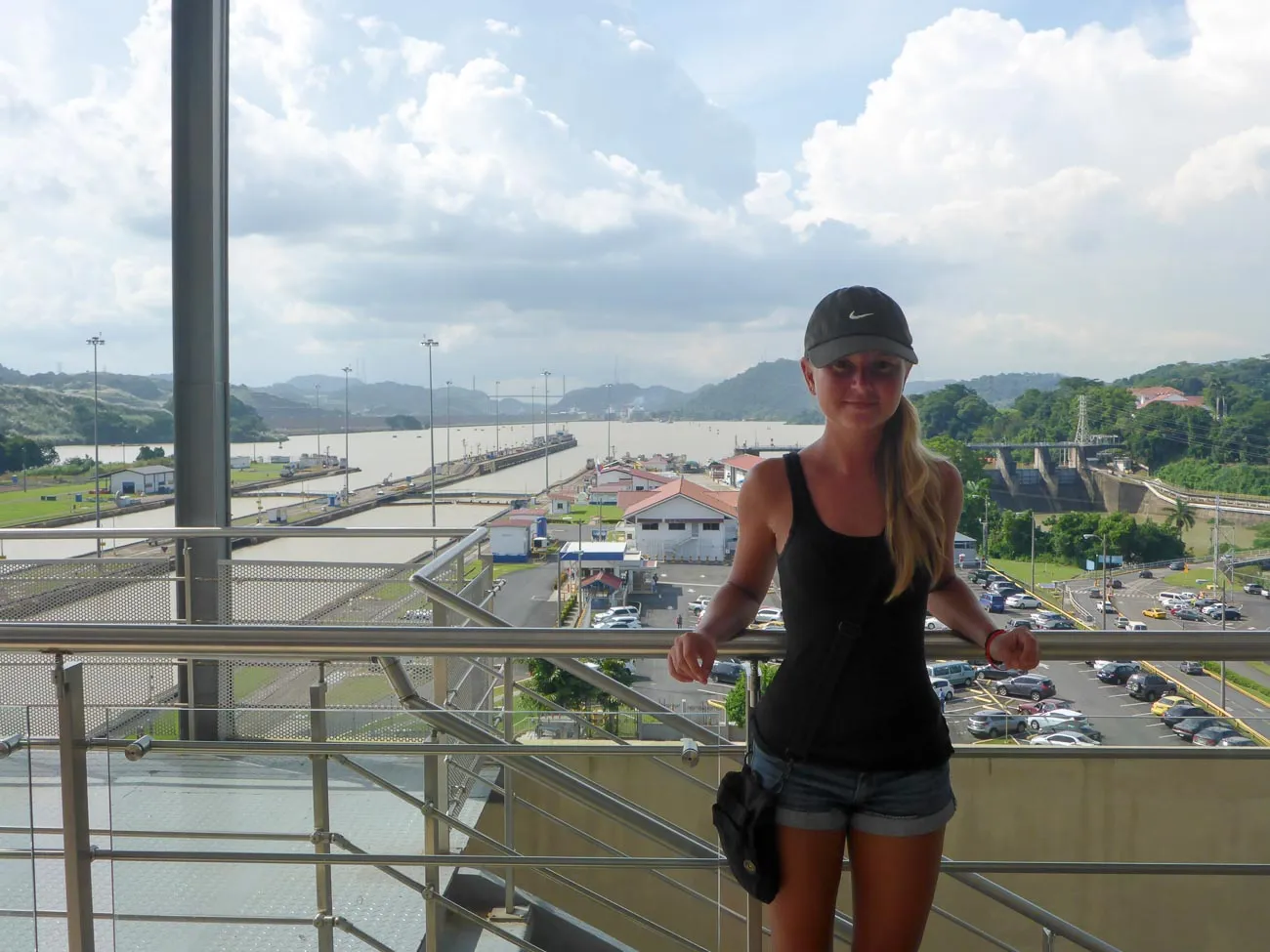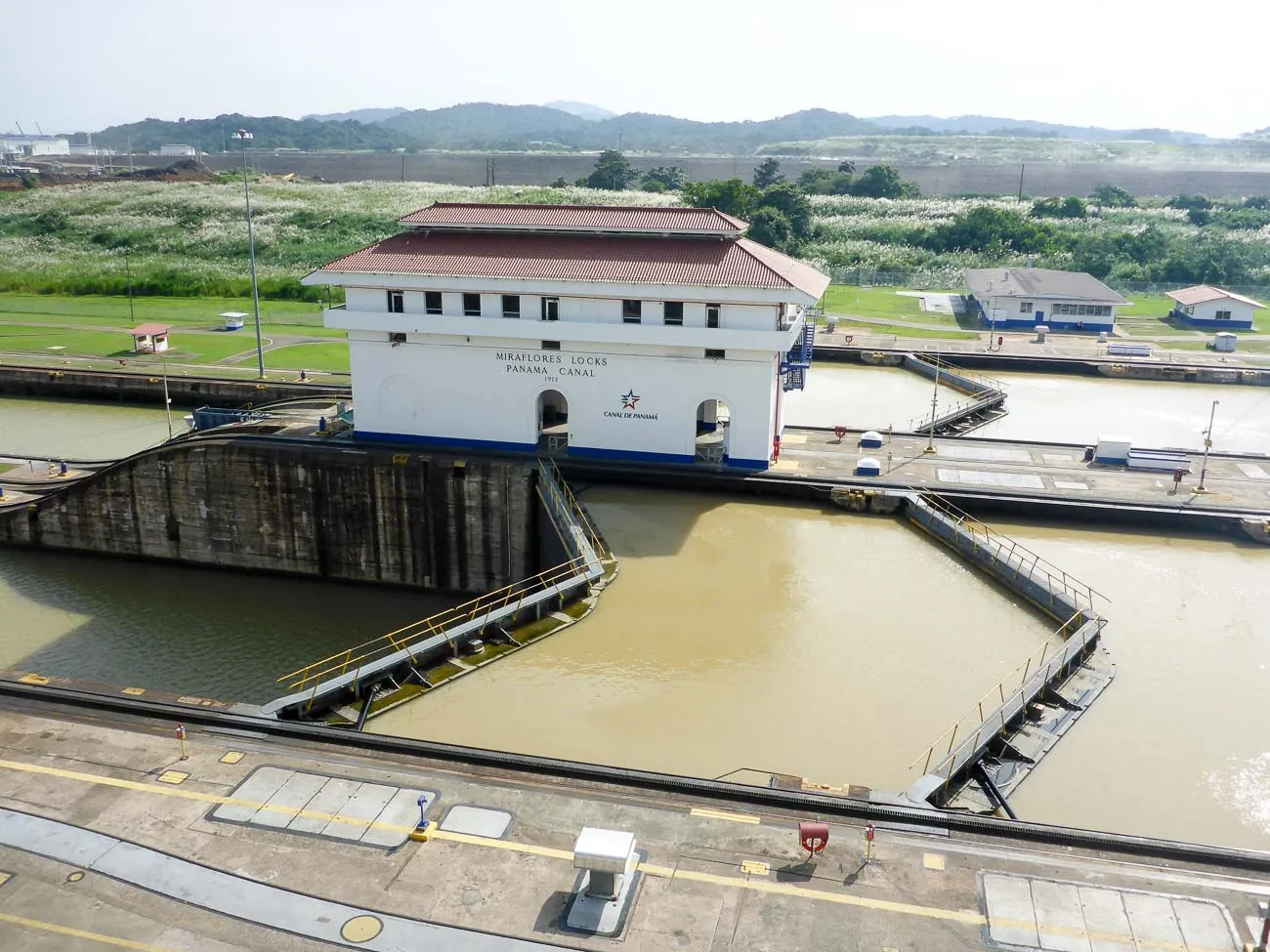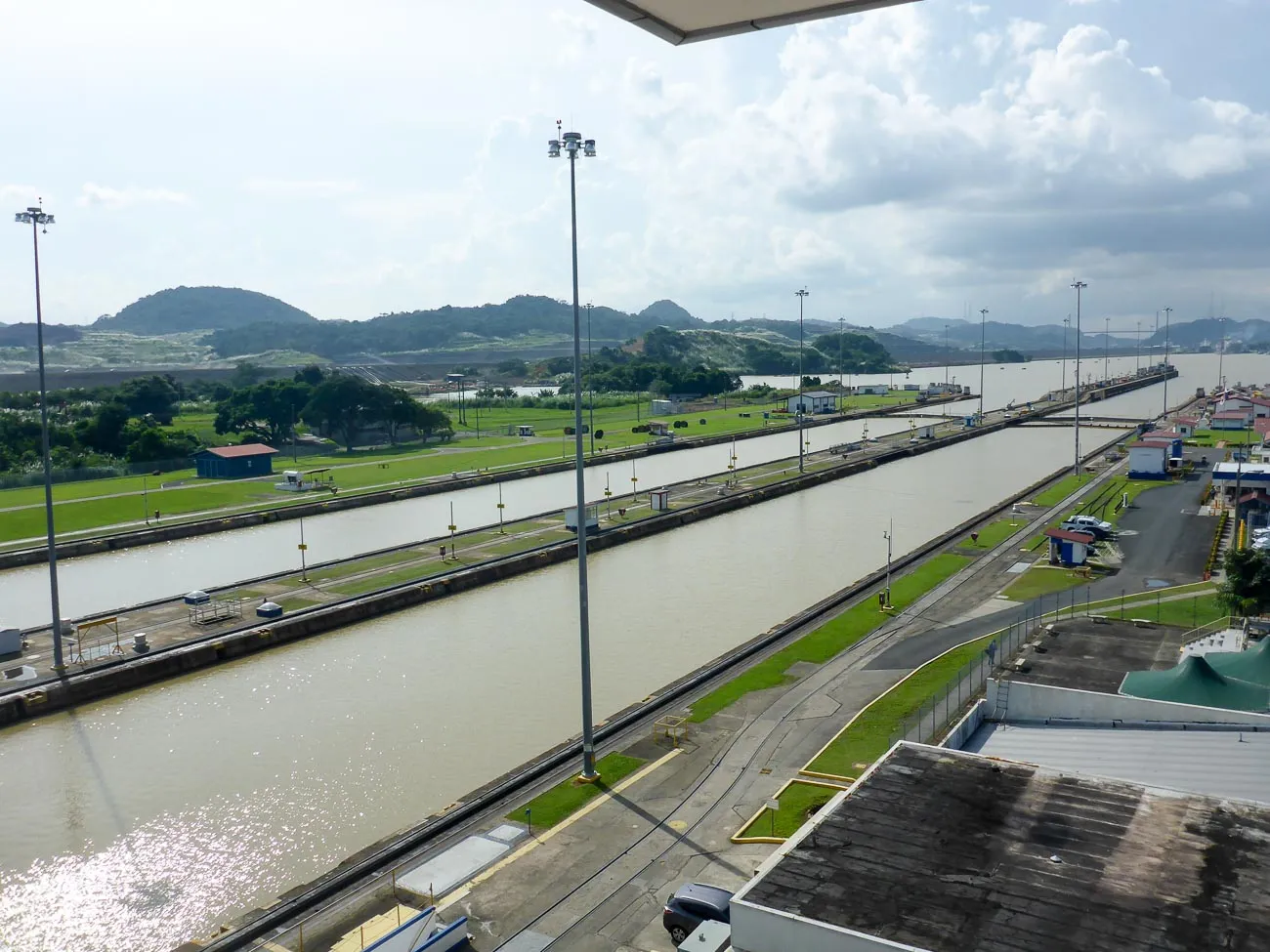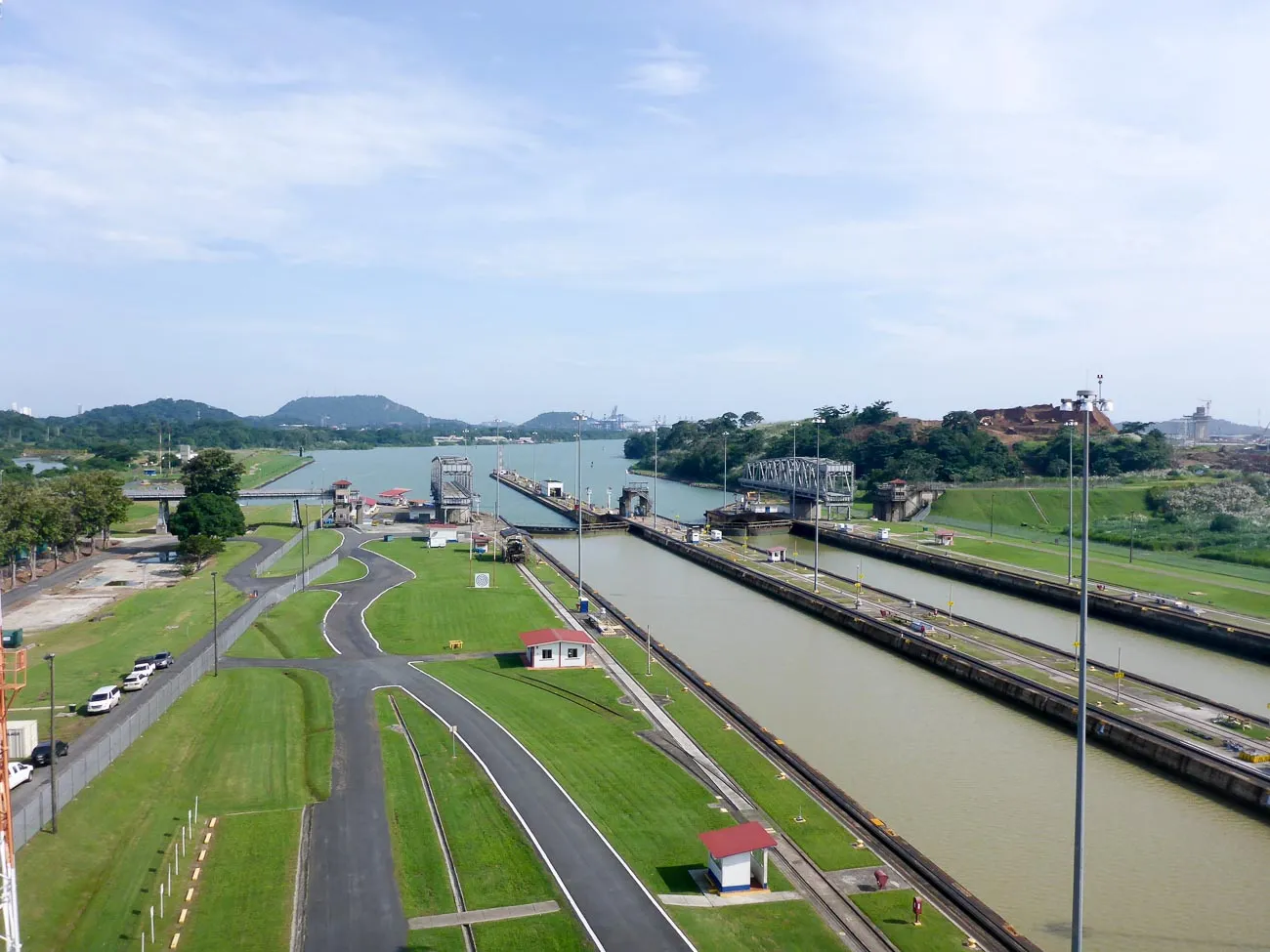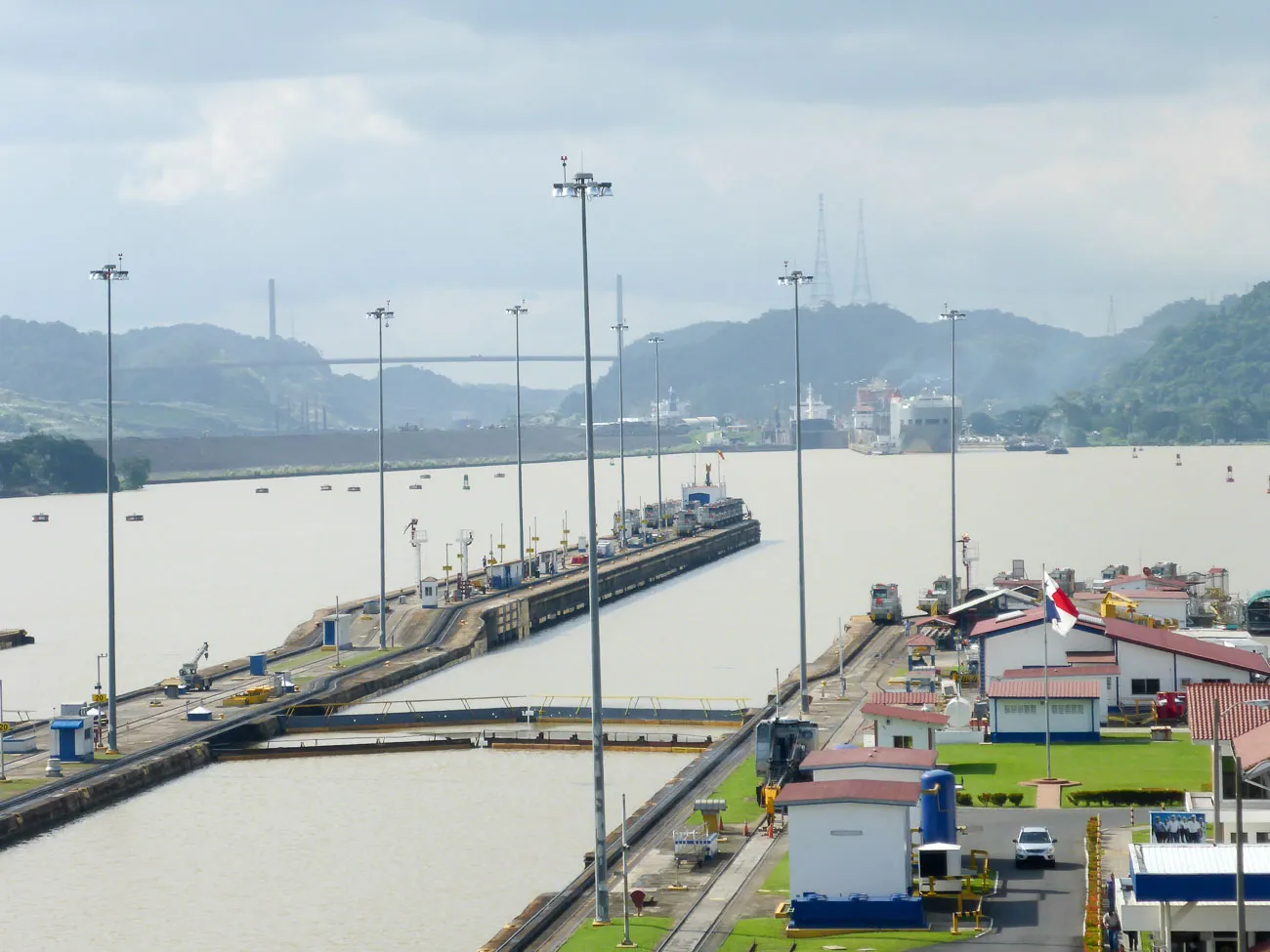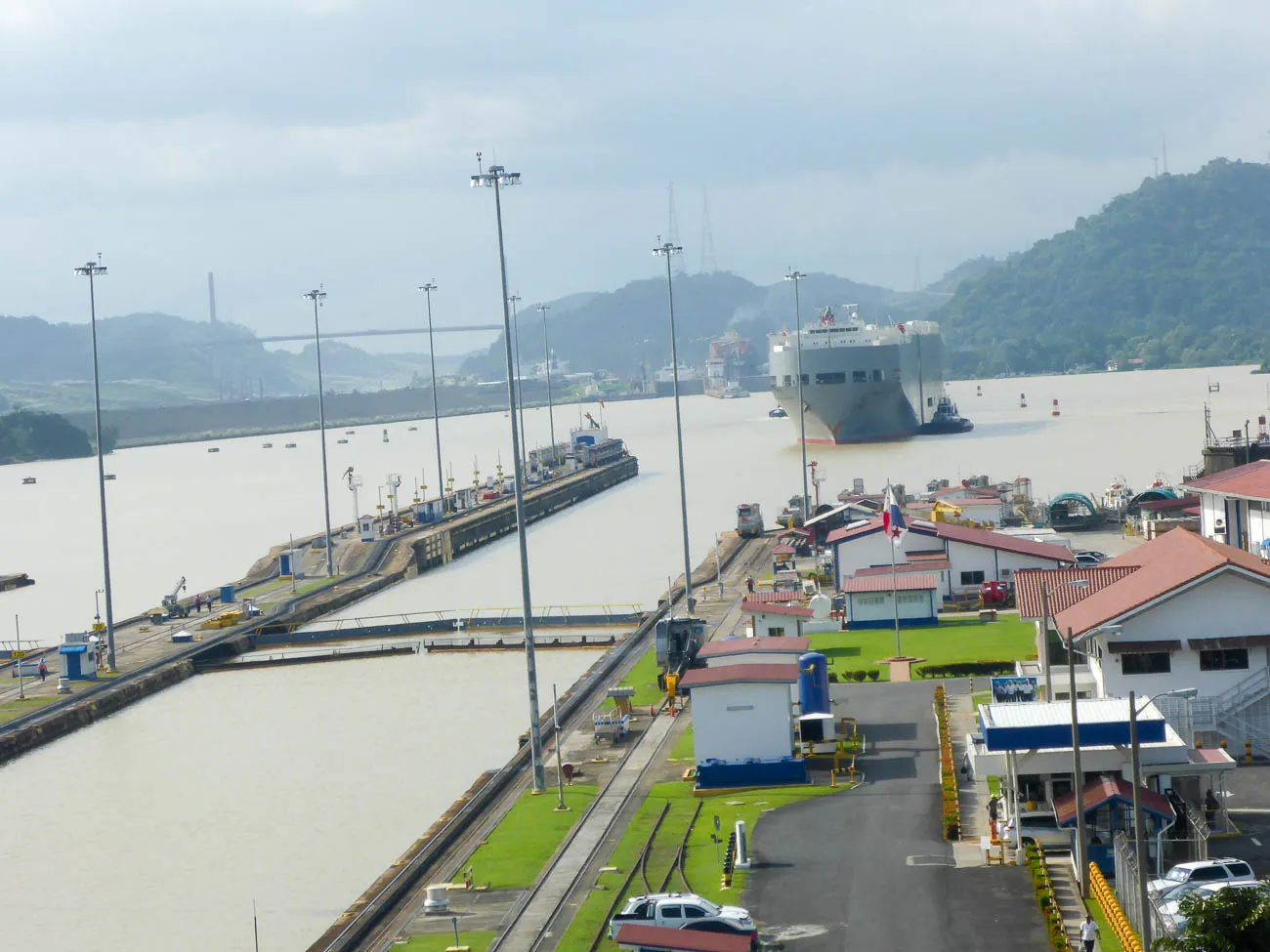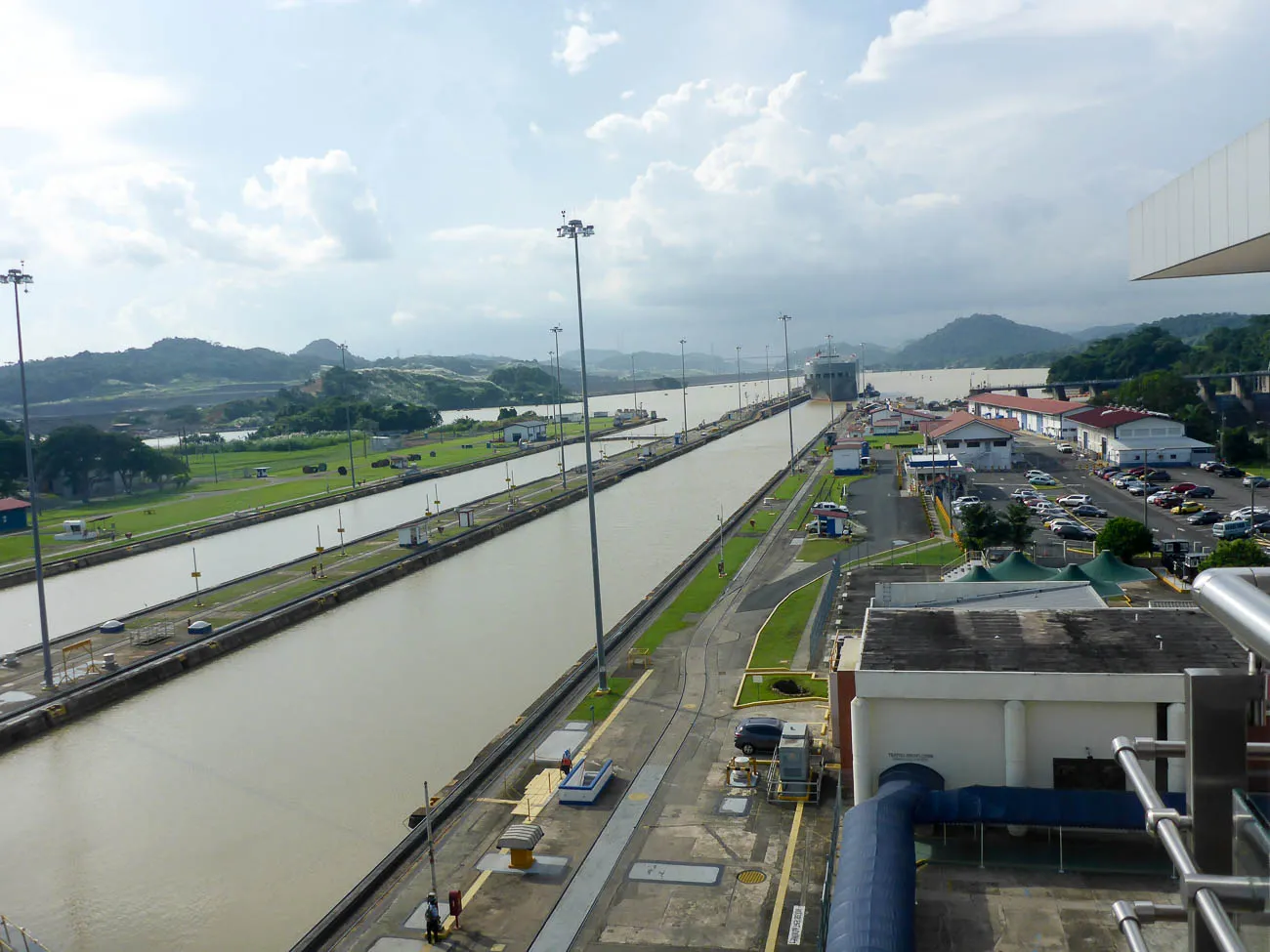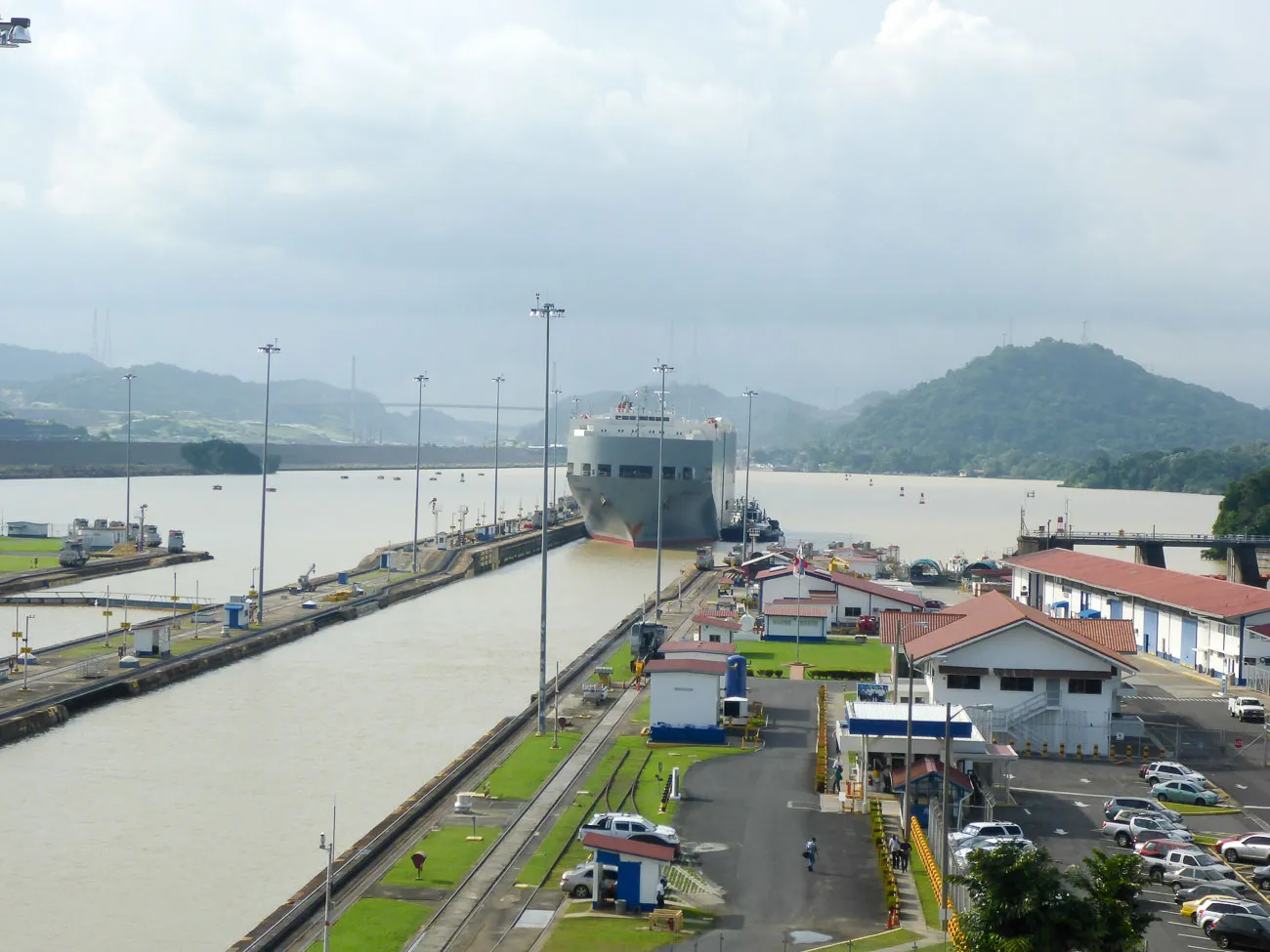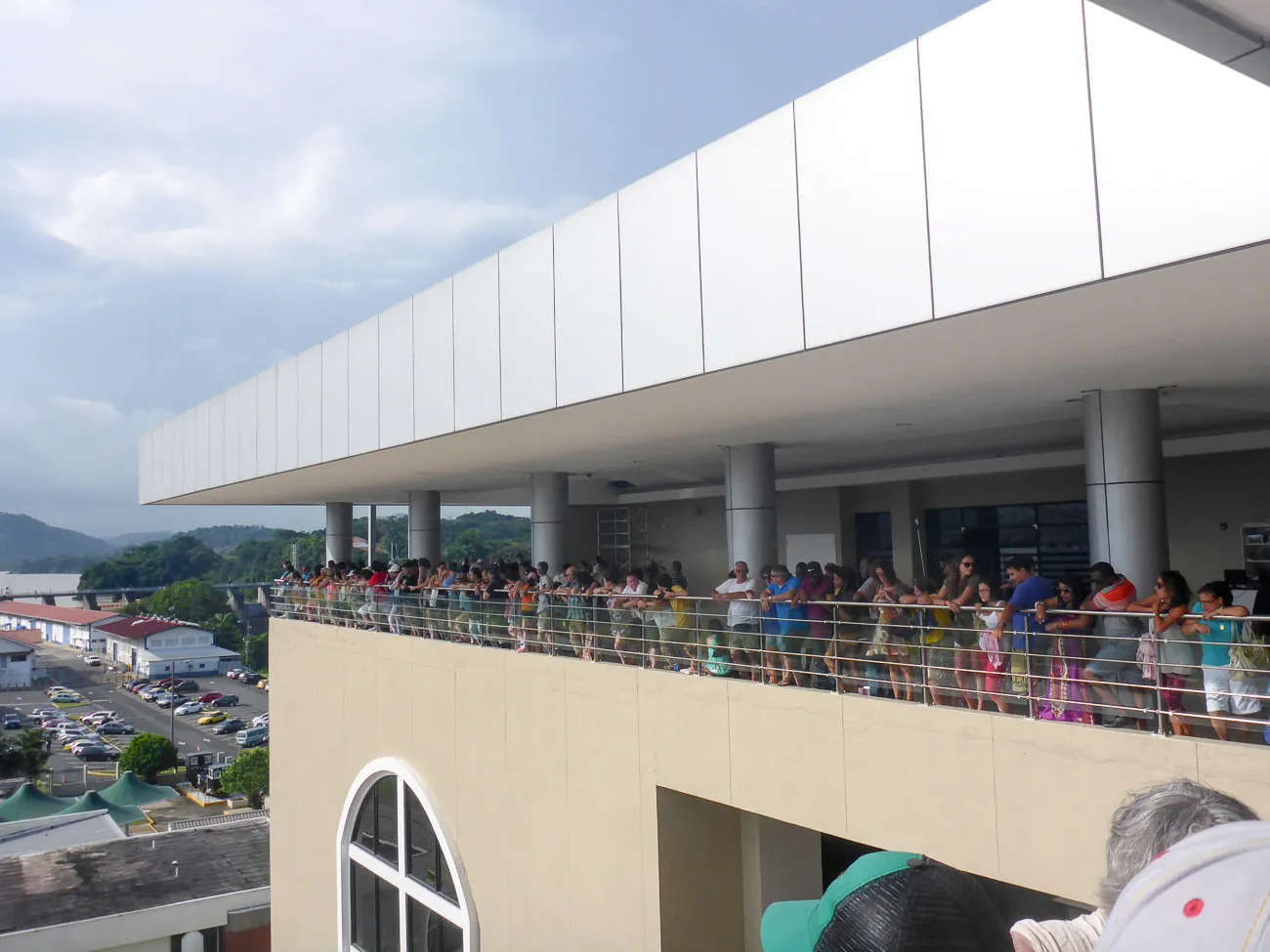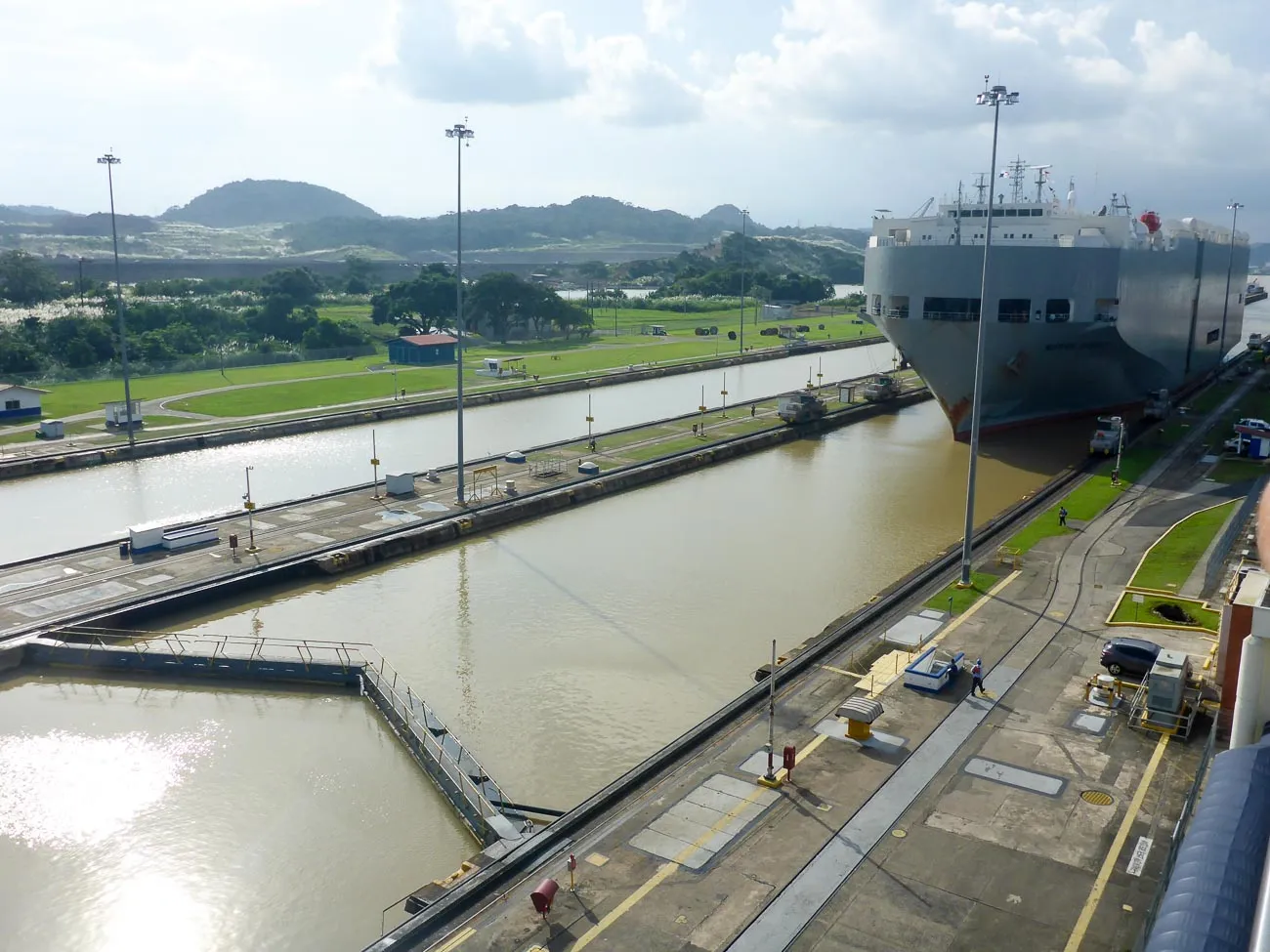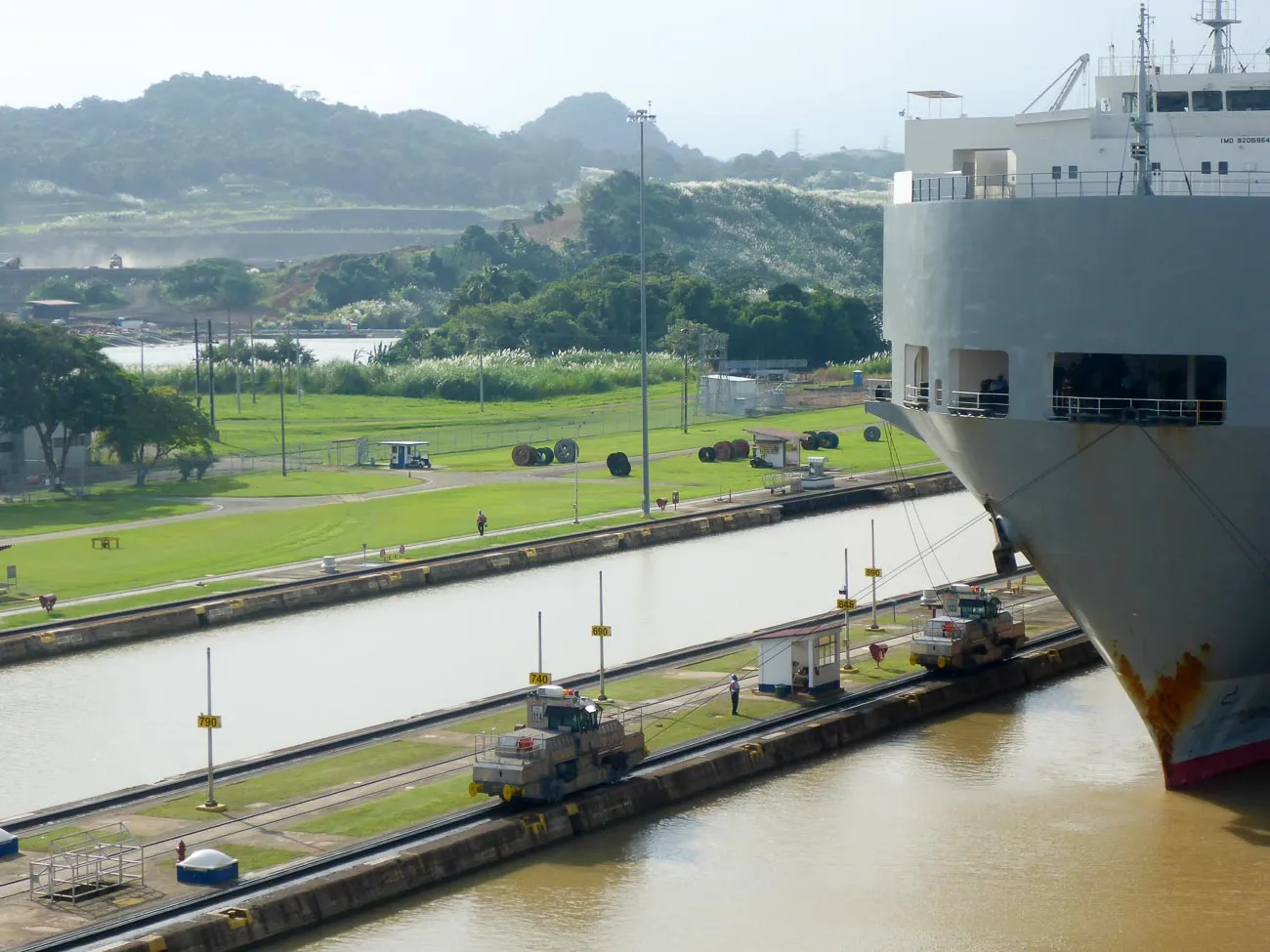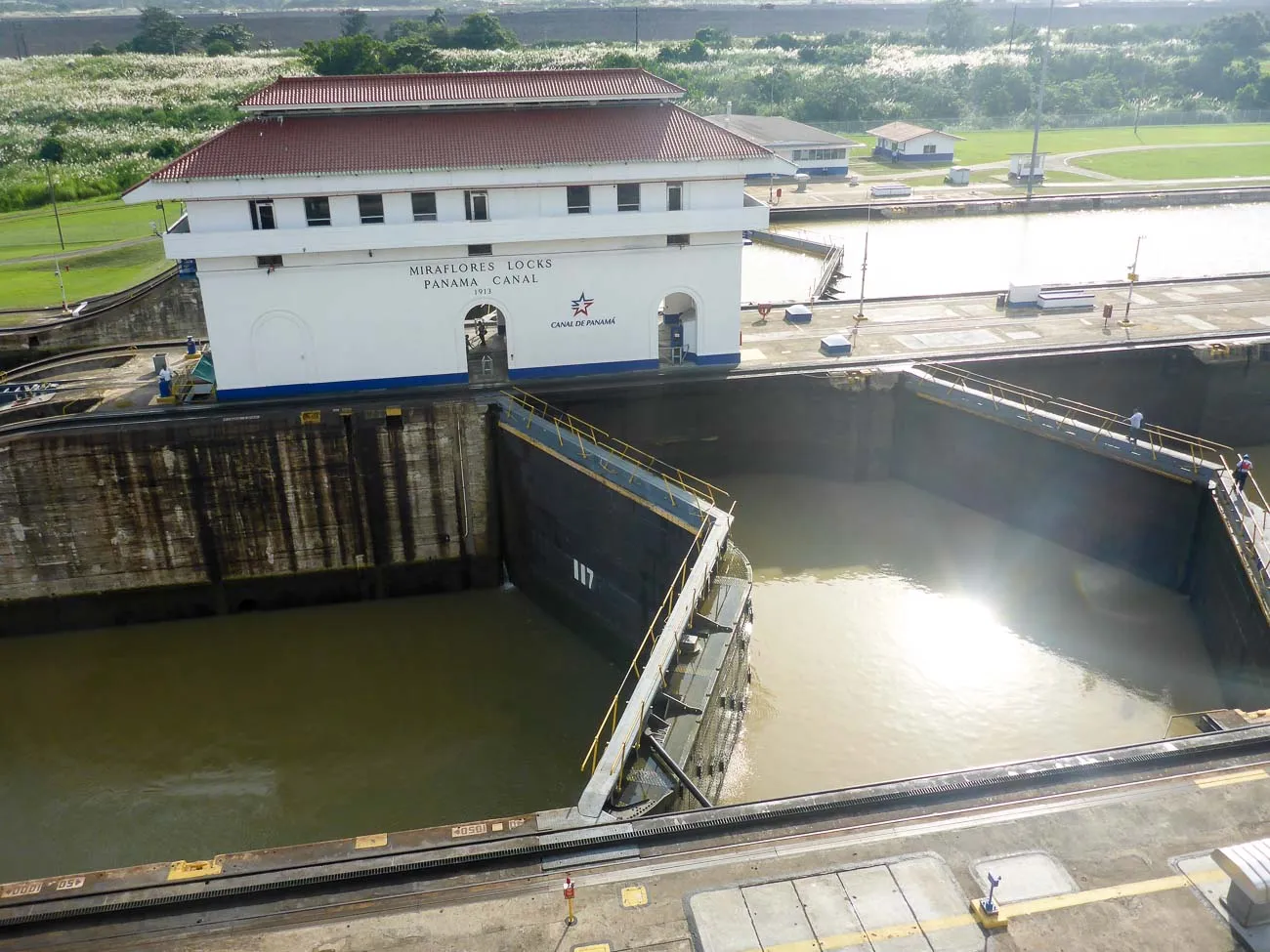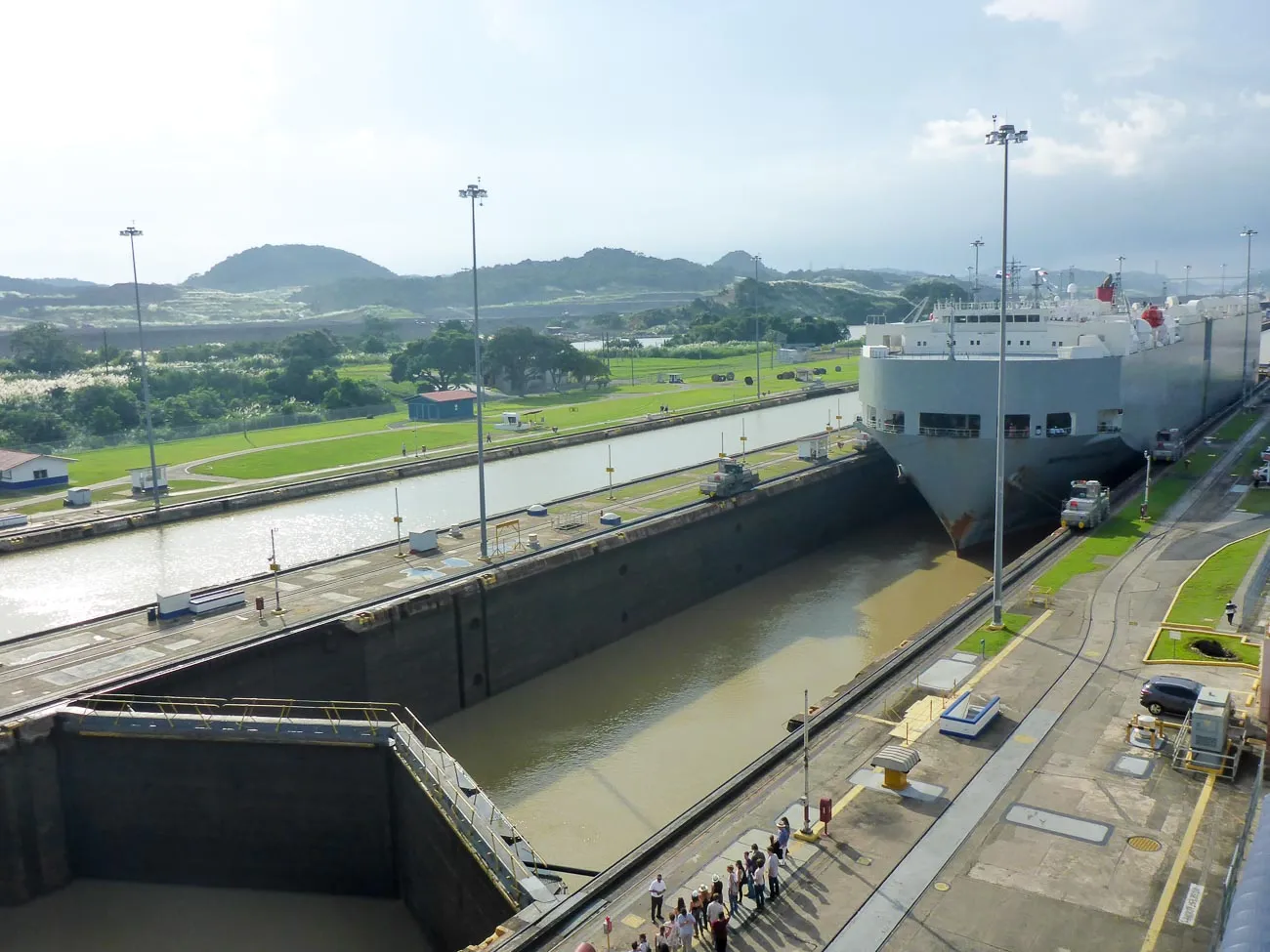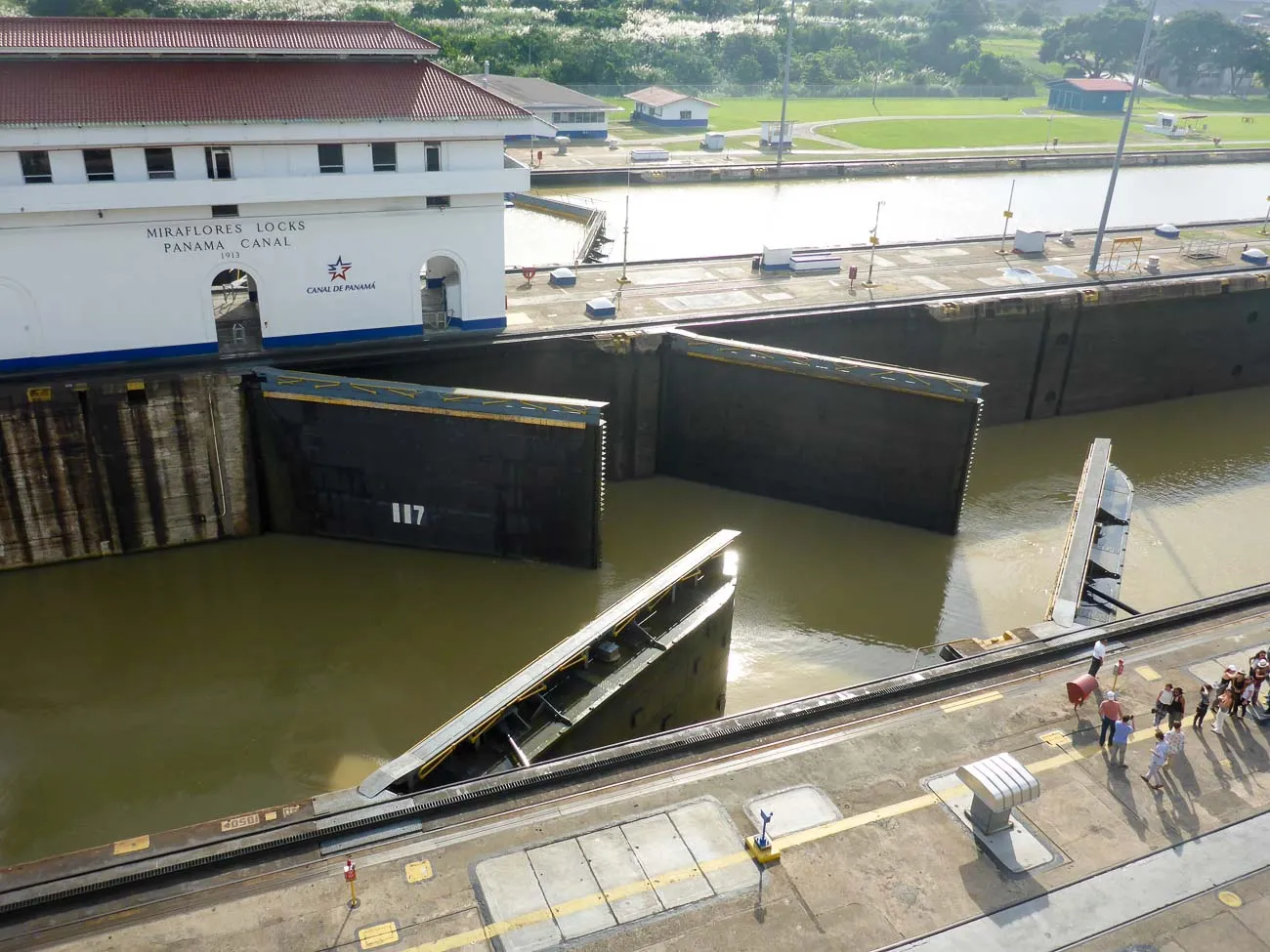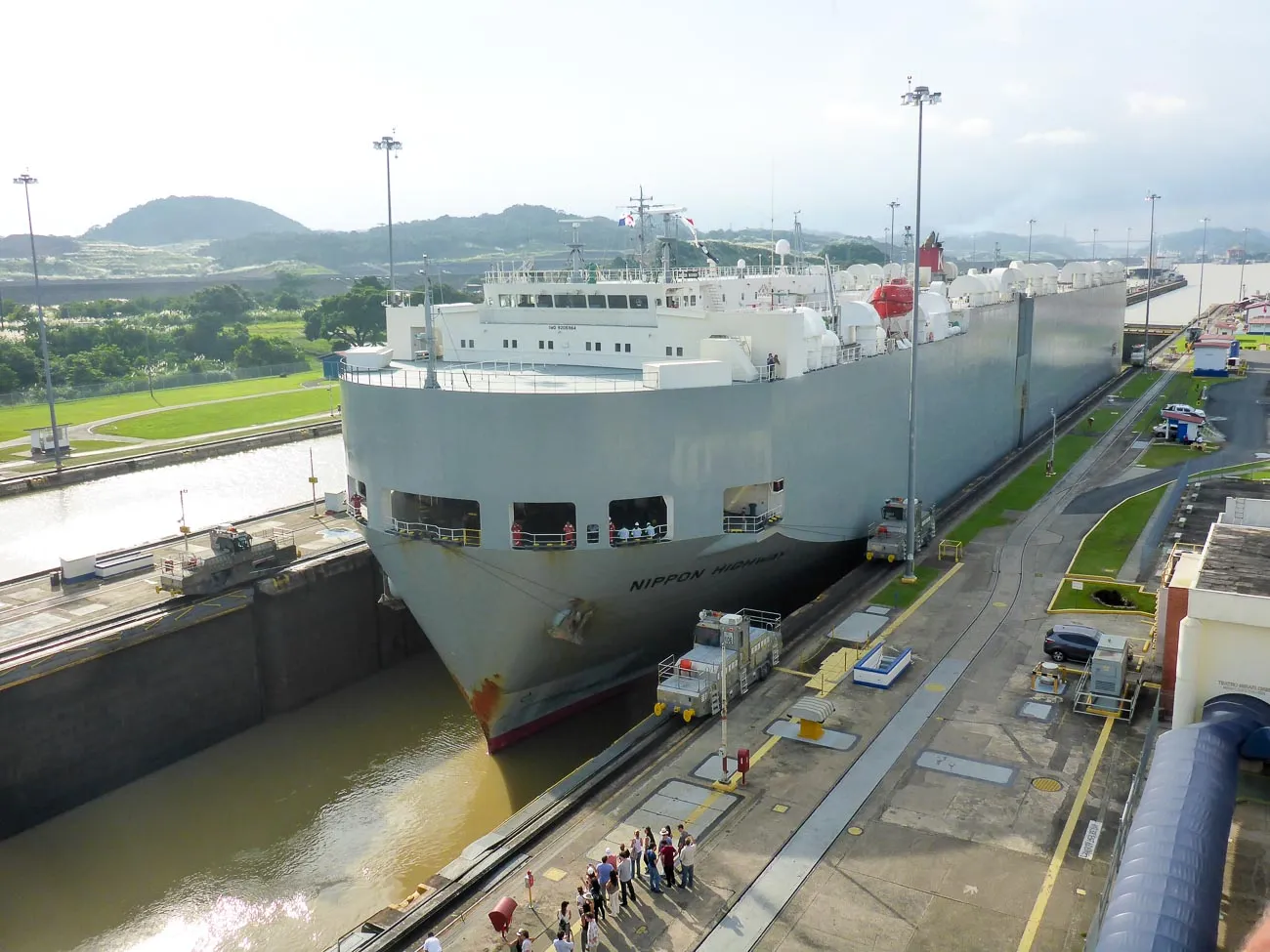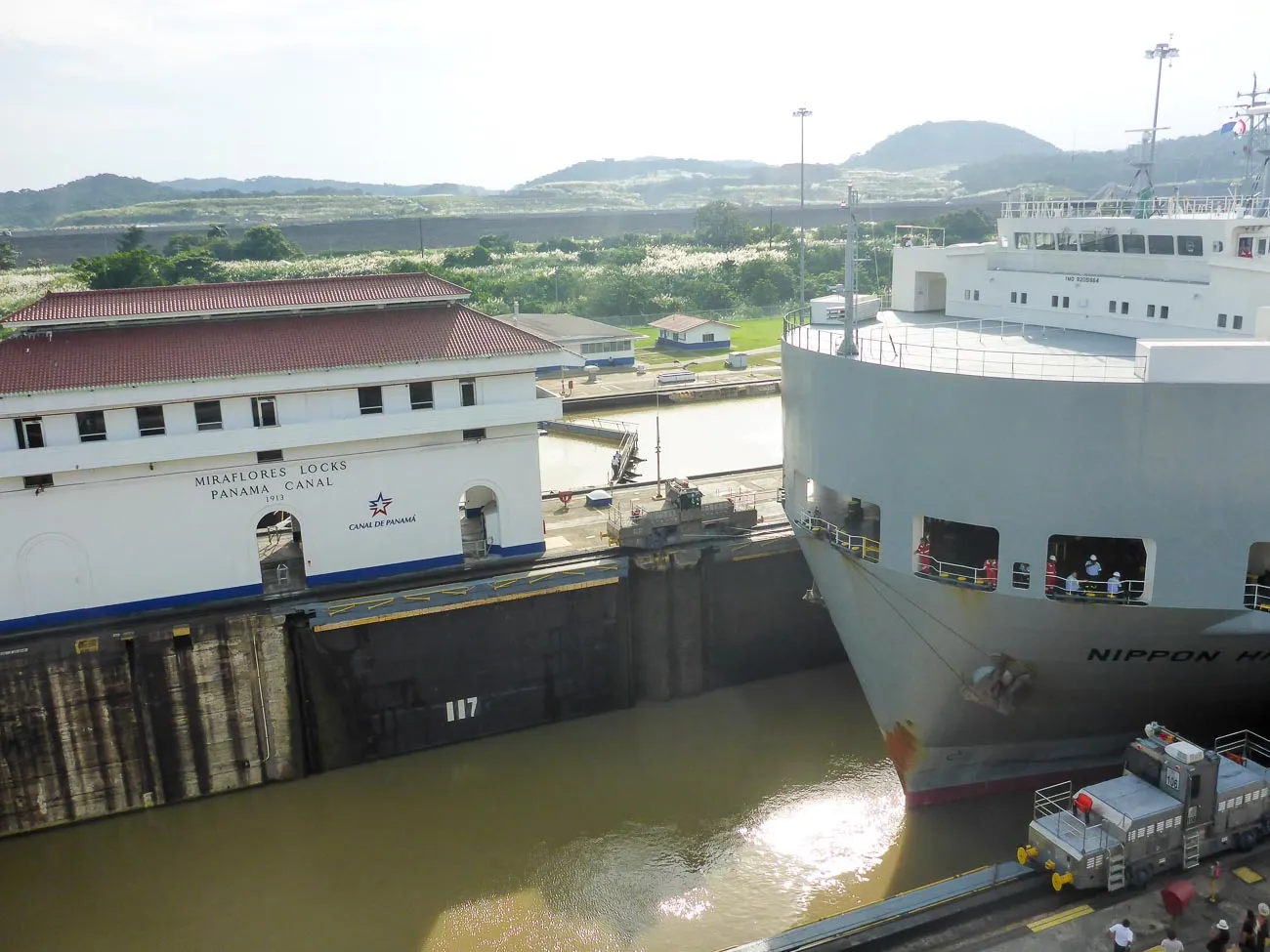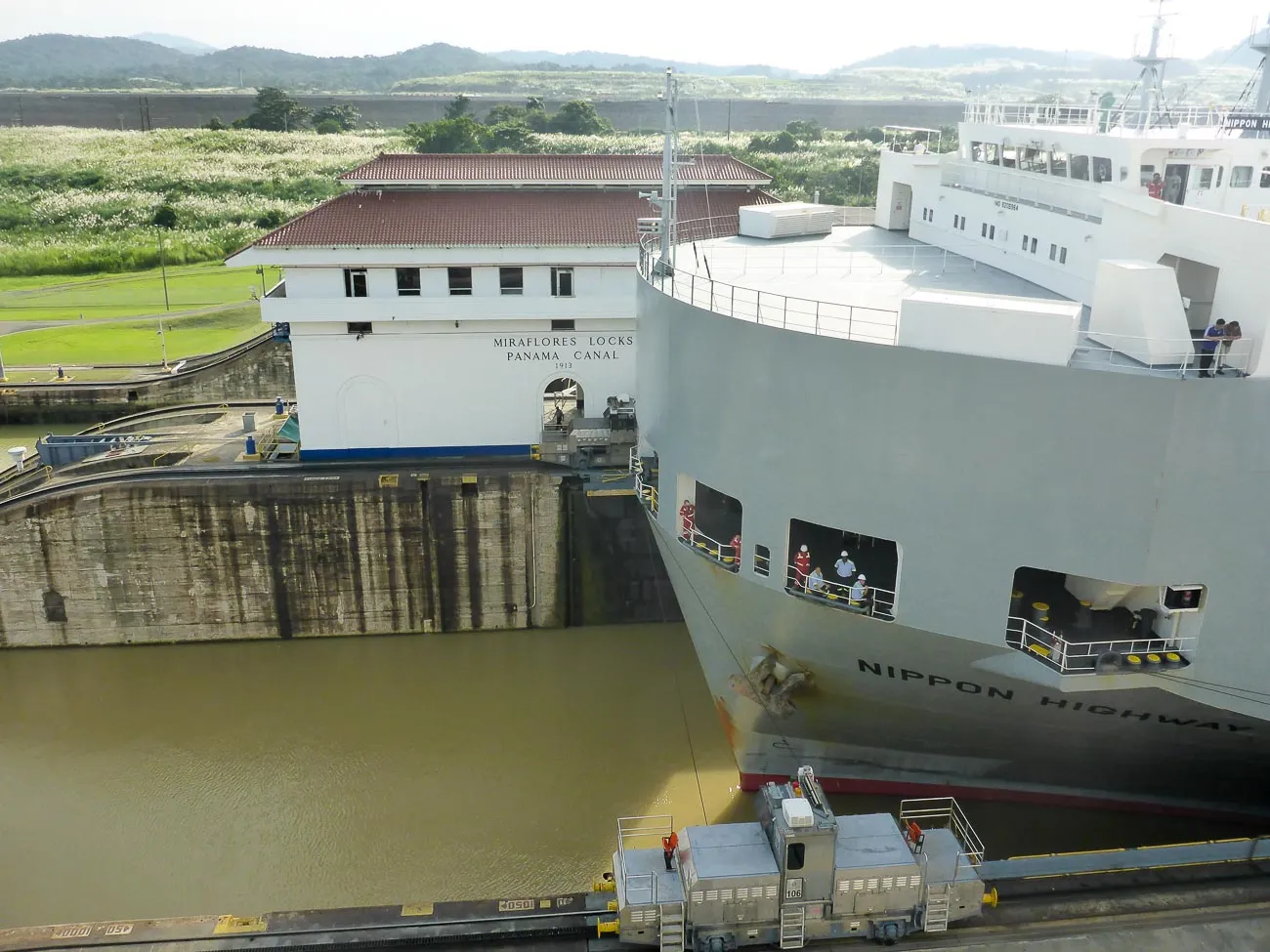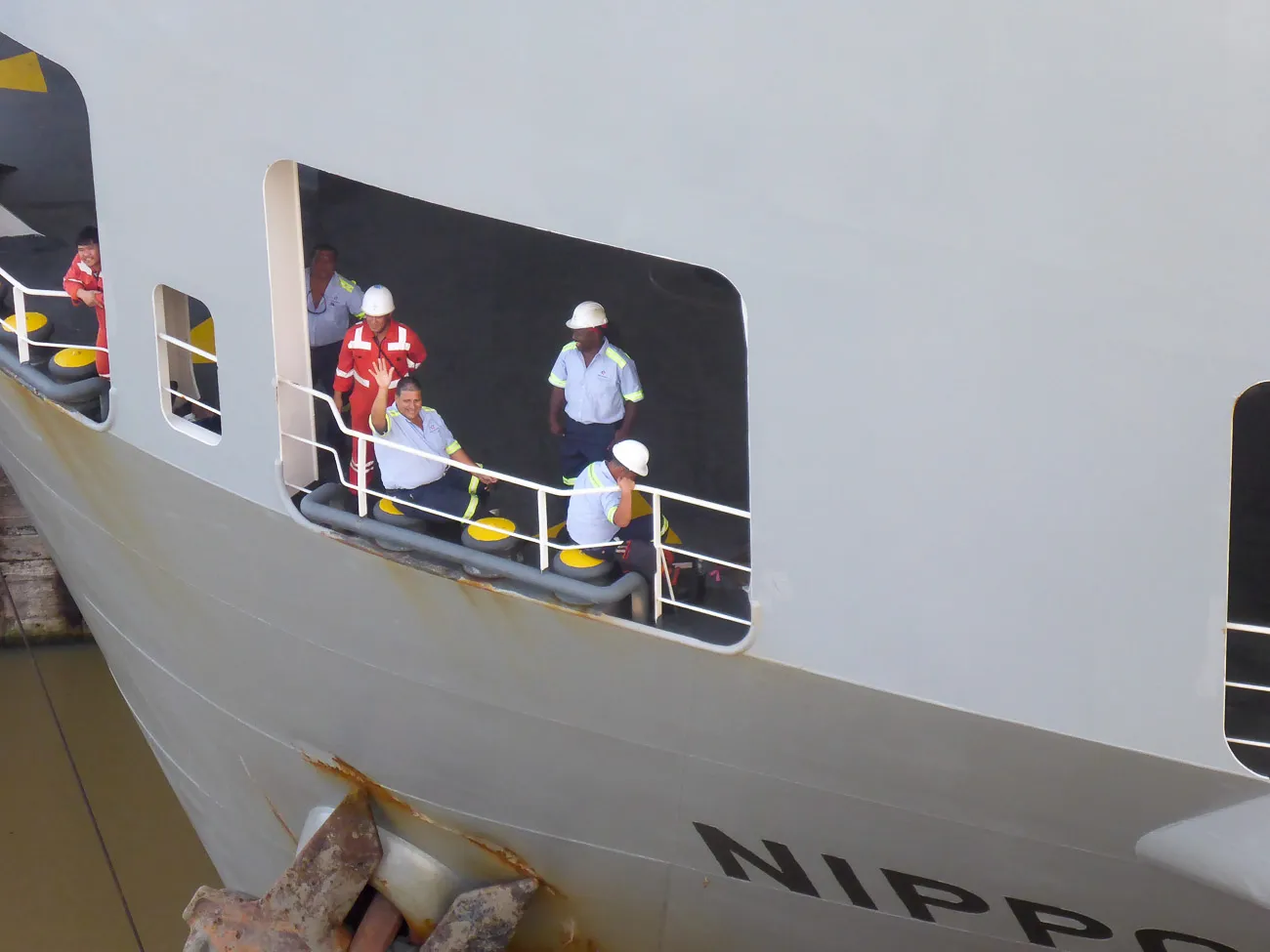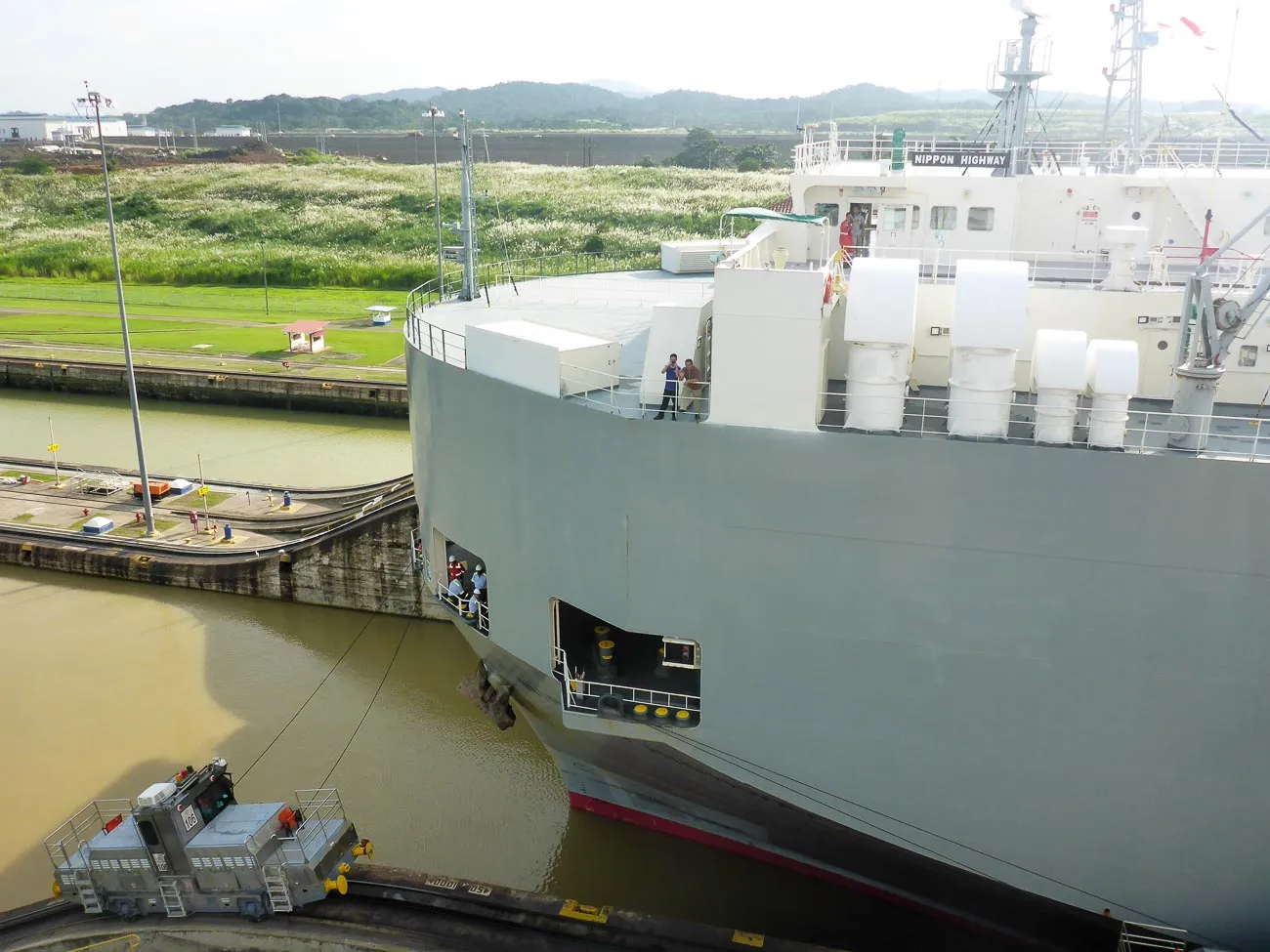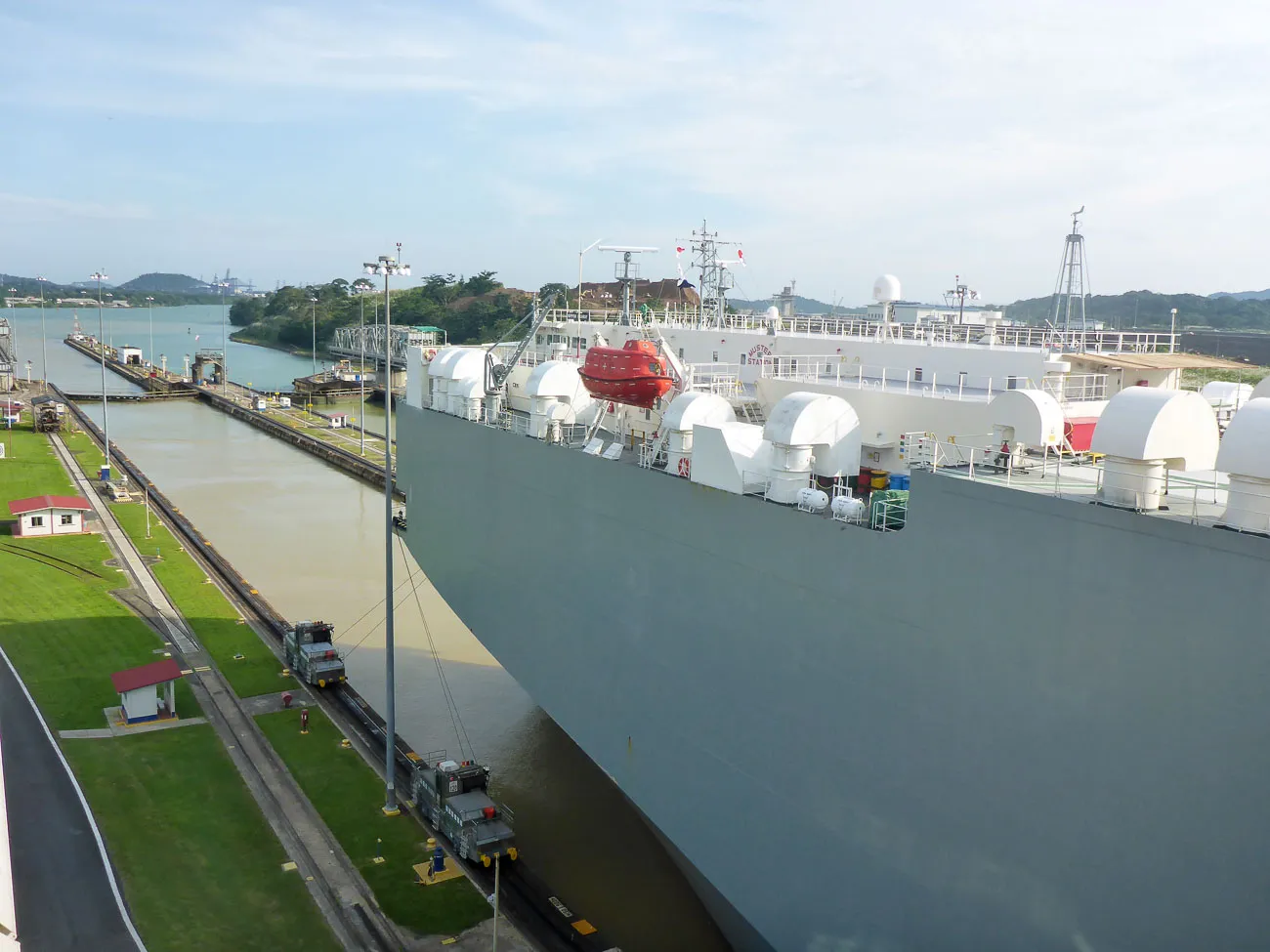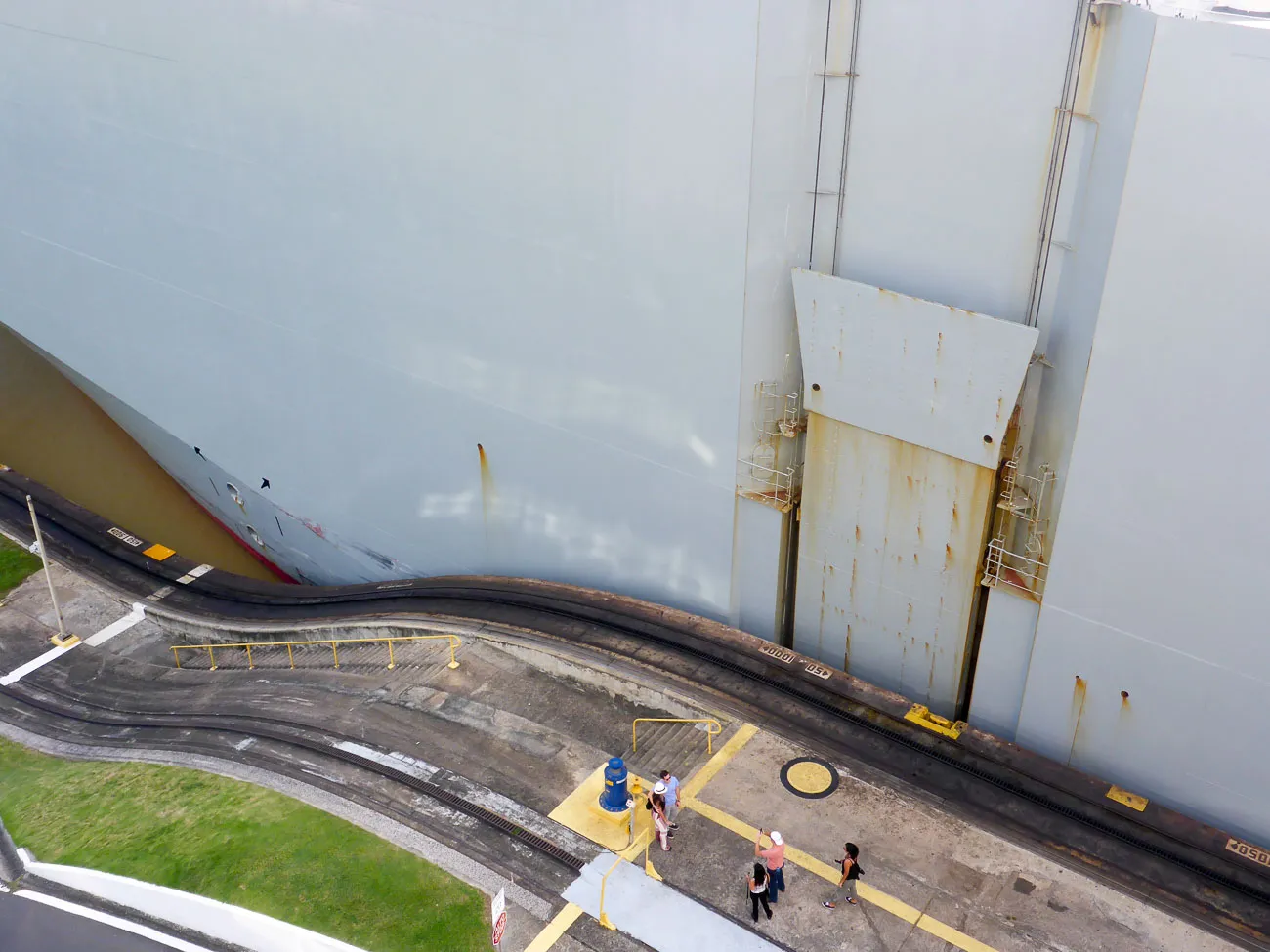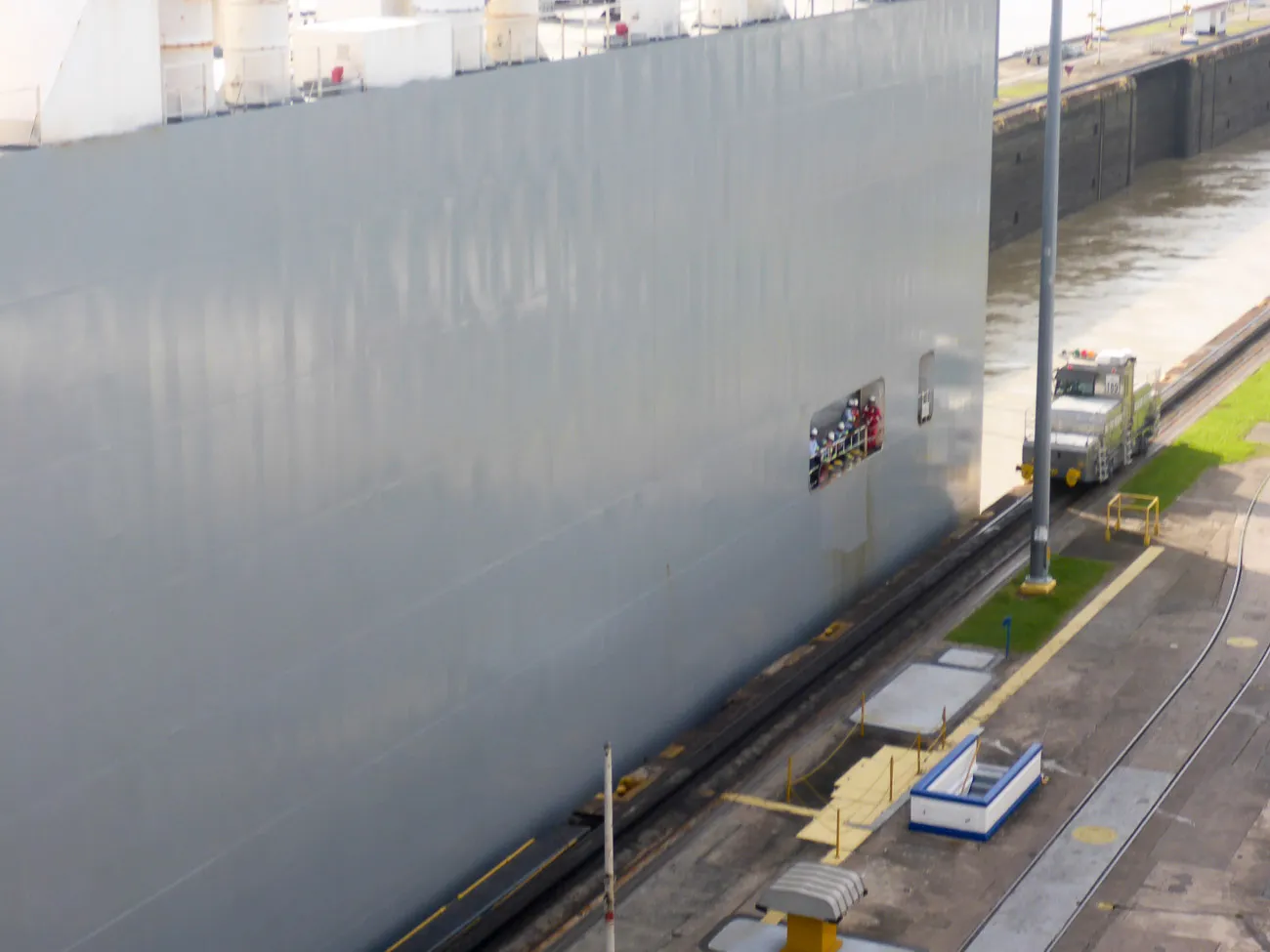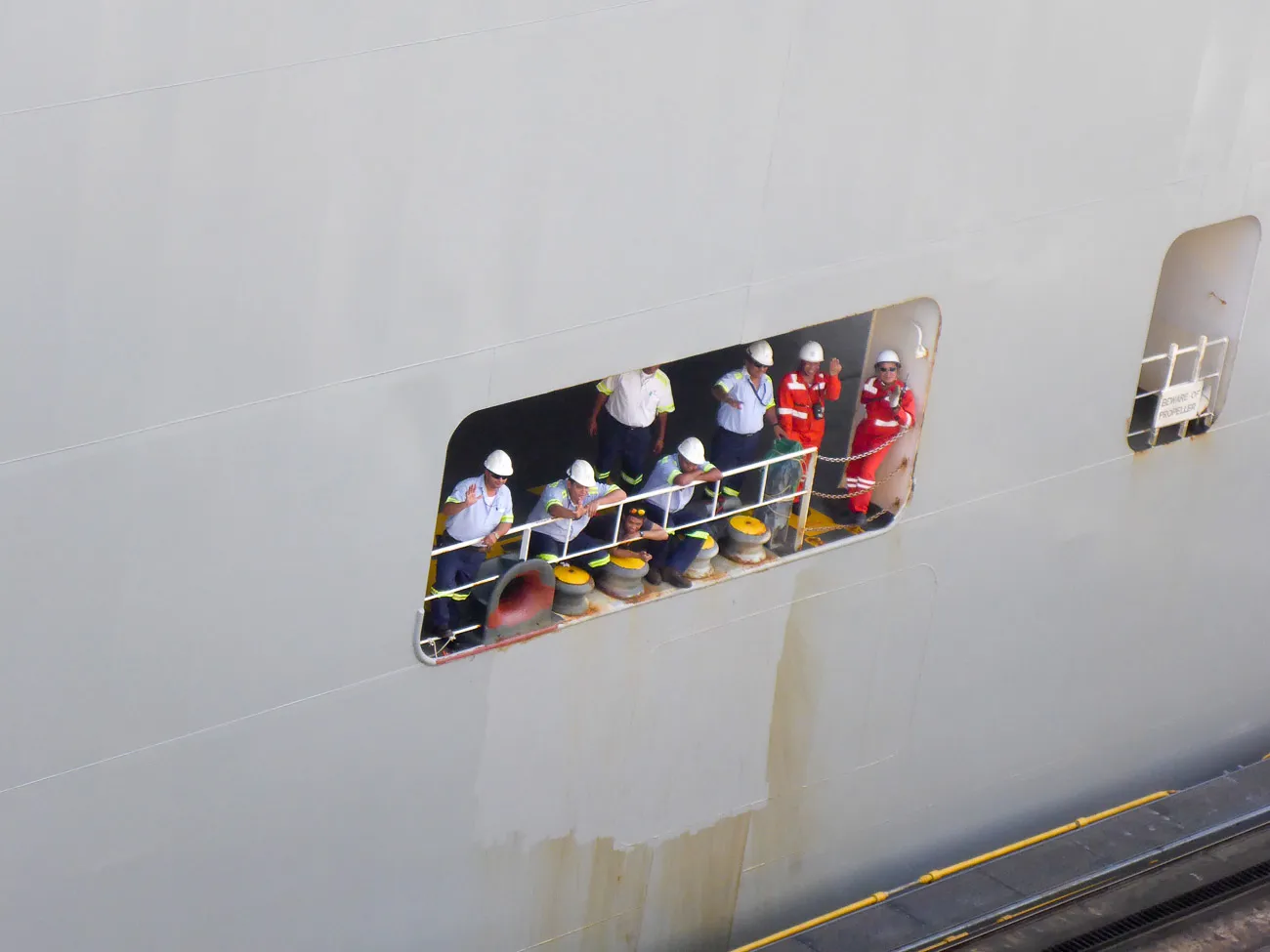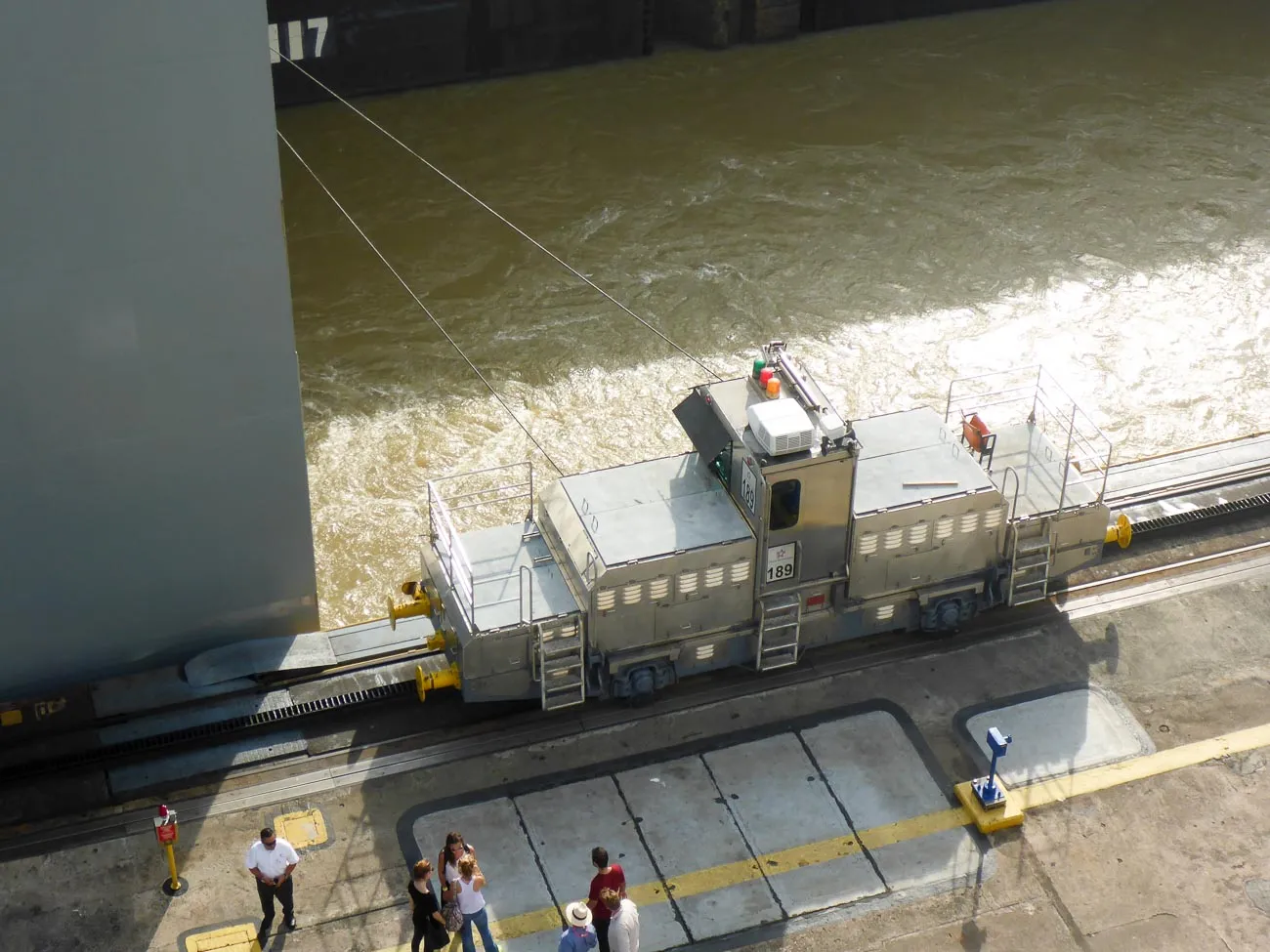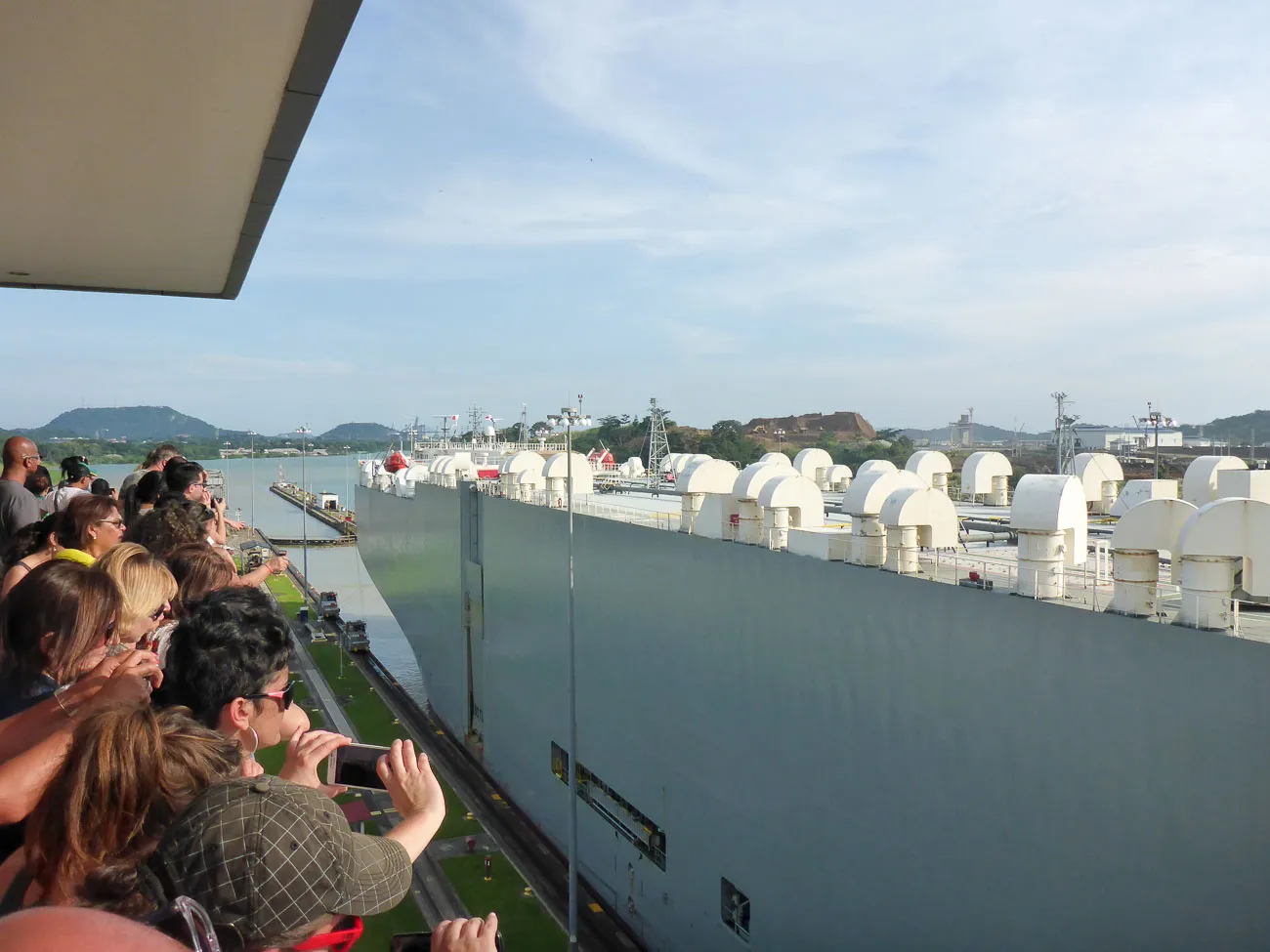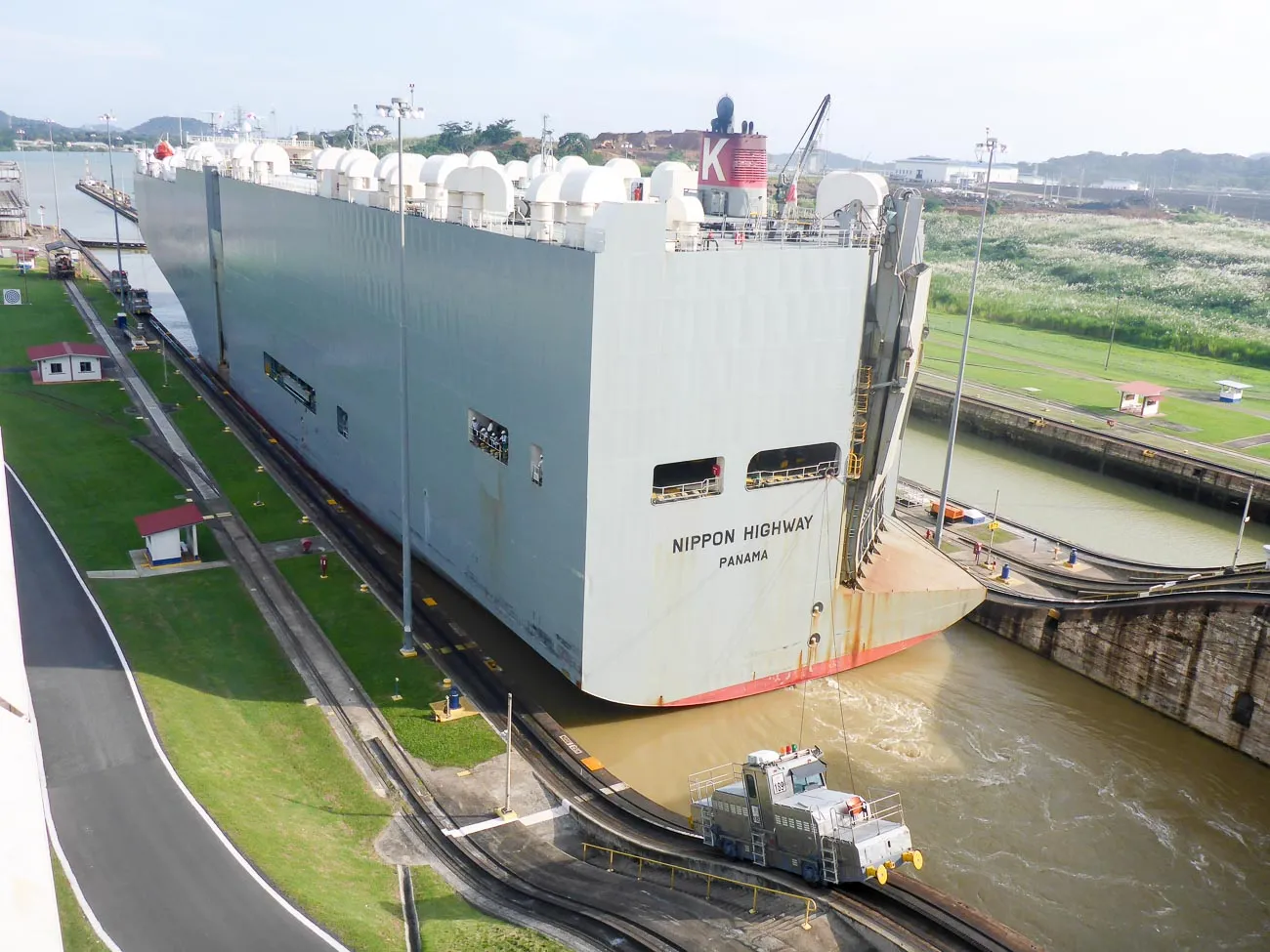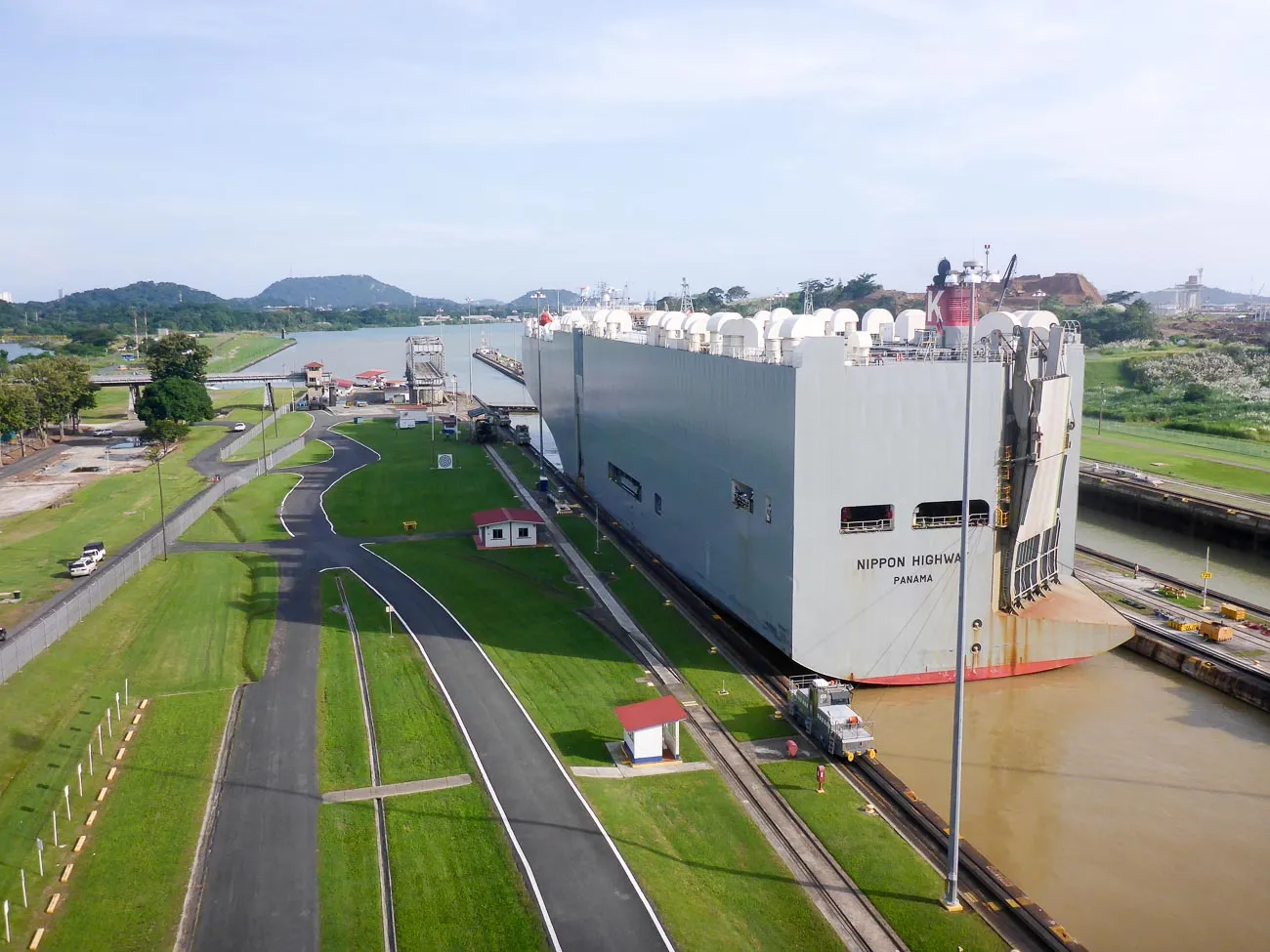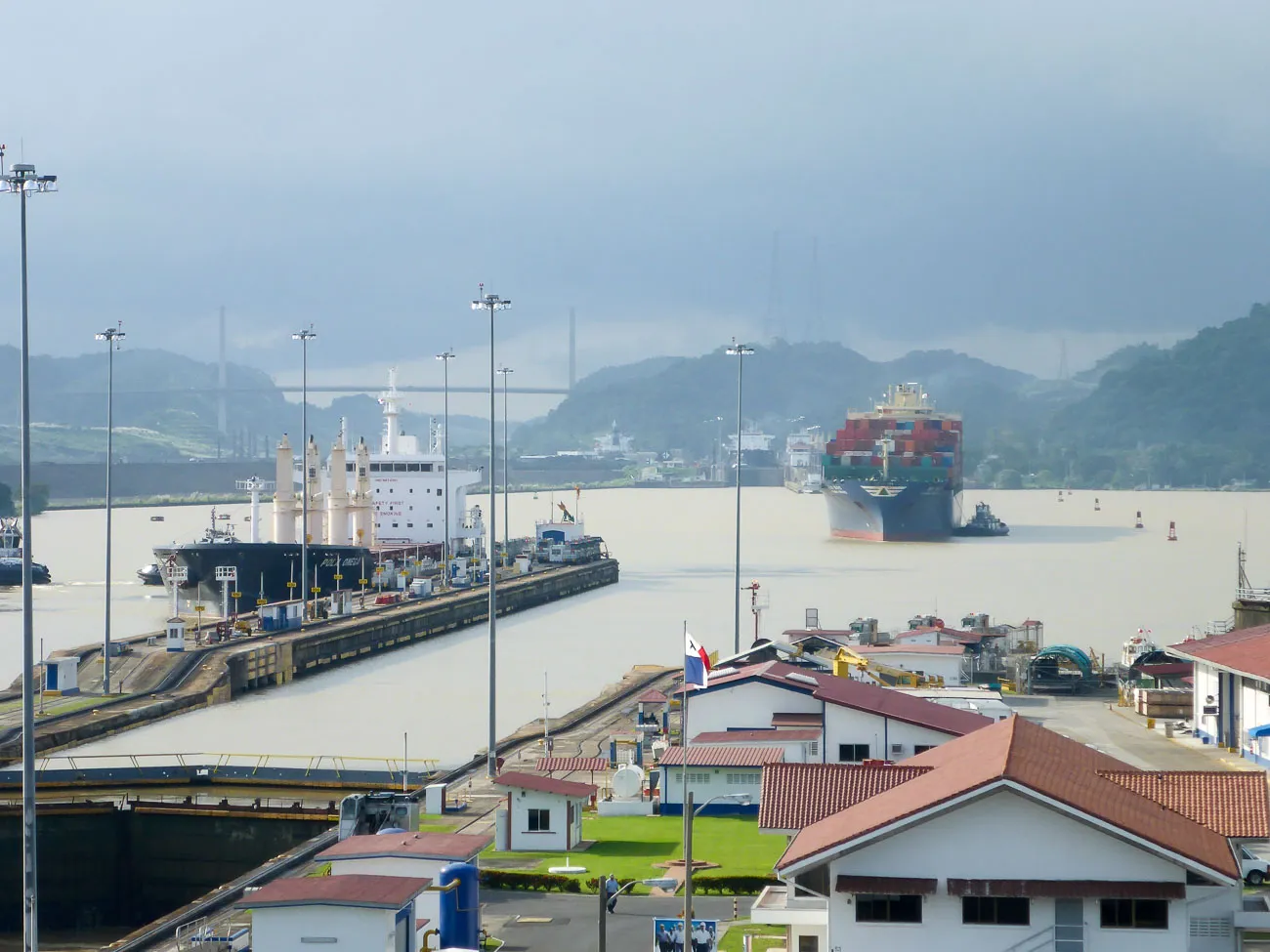The canal is often the first thing to spring to people’s minds when Panama is mentioned. This is because the formation of this huge canal linking the Pacific Ocean with the Atlantic hoisted Panama to the centre stage for international trade.
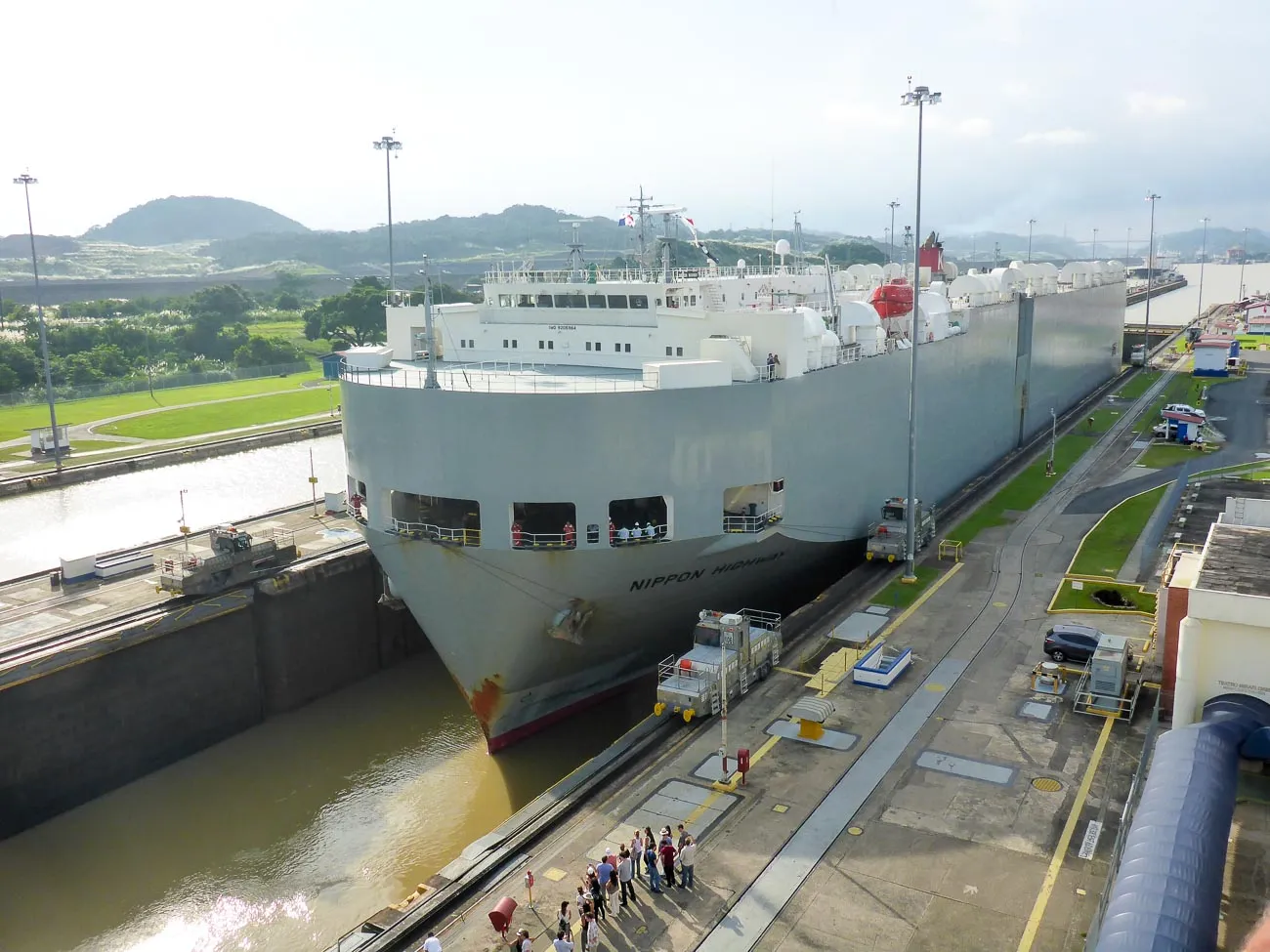
The idea of creating the canal was initiated by the Spanish in the early 16th century but it wasn’t until 1880 when plans were put into action by the French. After financial troubles and disease caused the French to abandon the project it was finally completed by the United States in 1914. The US’s controversial sovereign rights to areas around the canal led to some tensions and in 1999 Panama took over full operation.
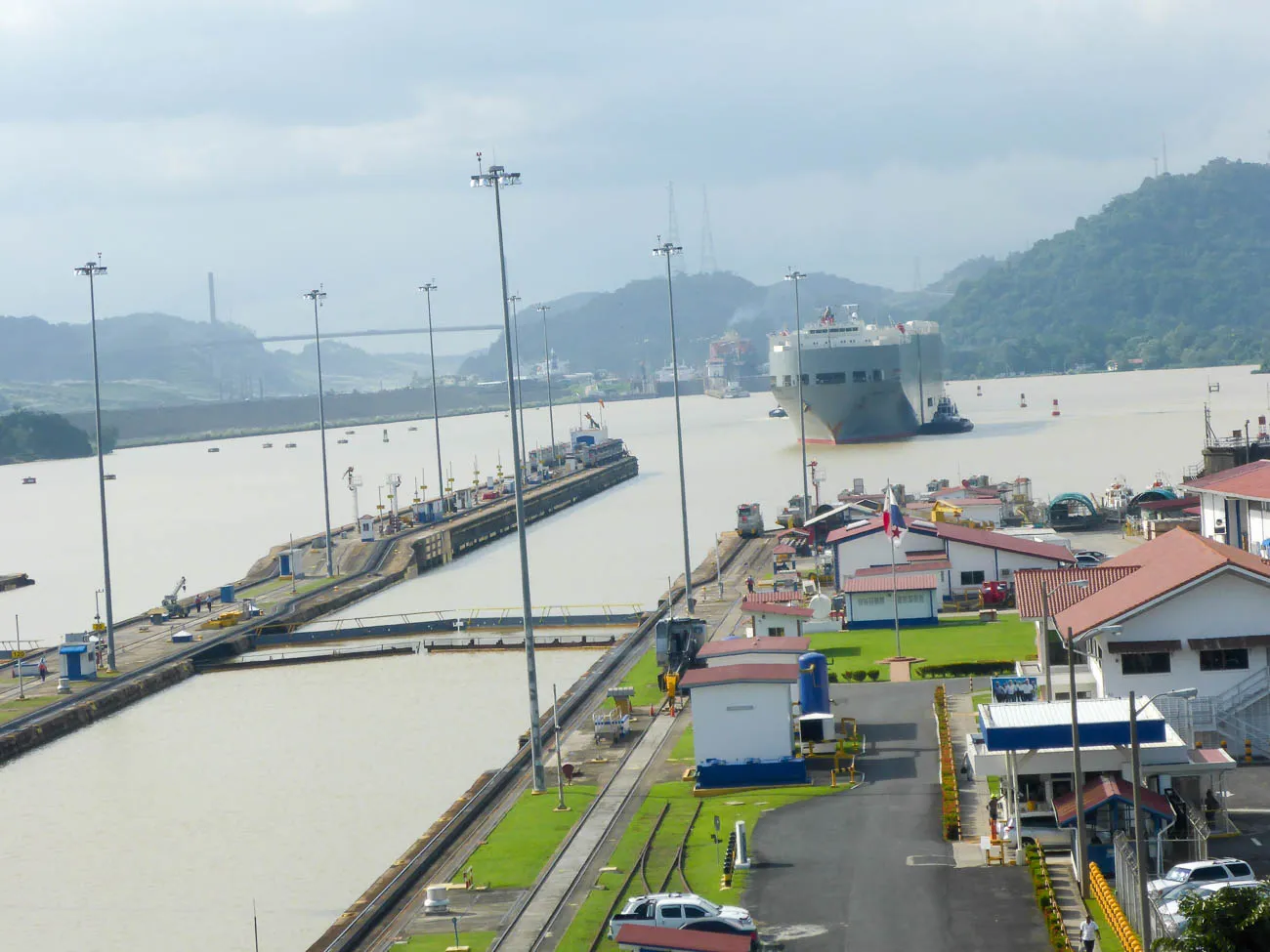
The interoceanic waterway, stretching 80km from Panama on the Pacific side to Colon on the Atlantic, uses a system of locks with two lanes that operates as water elevators and raises the ships from sea level to the level of lake Gatun, 26 meters above sea level, to allow the crossing through the Continental Divide, and then lowers the ships to sea level on the other side.
This is undoubtedly an impressive feat of human engineering and to see it in action was an amazing sight. We watched as an enormous Japanese car carrier passed though the Miraflores Locks which is home to the visitors centre.
As the ship passed through the lock the captain blew the horn, the visitors waved and the ship crew waved back. Both the spectators and the ship’s crew took photos and cheered as both appeared to be equally impressed.
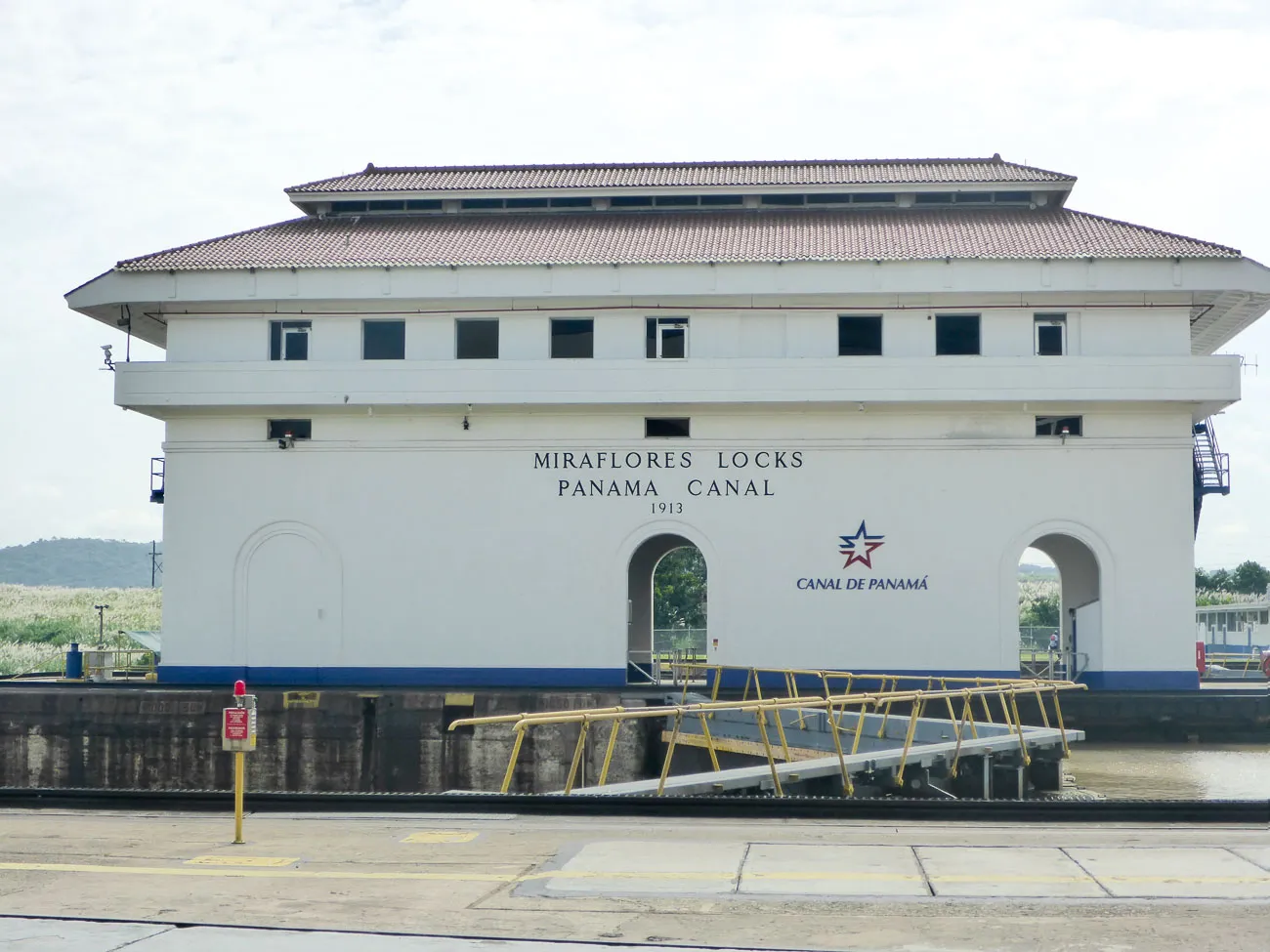
This really is a perfect example of human’s ability to cut and carve the planet to adapt to our ever increasing demands. In 2016 the second canal is due to be completed which will double the waterways capacity and allow larger ships to pass through. Currently many cargo ships are limited to the first canals width, this size limit is known as panamax.
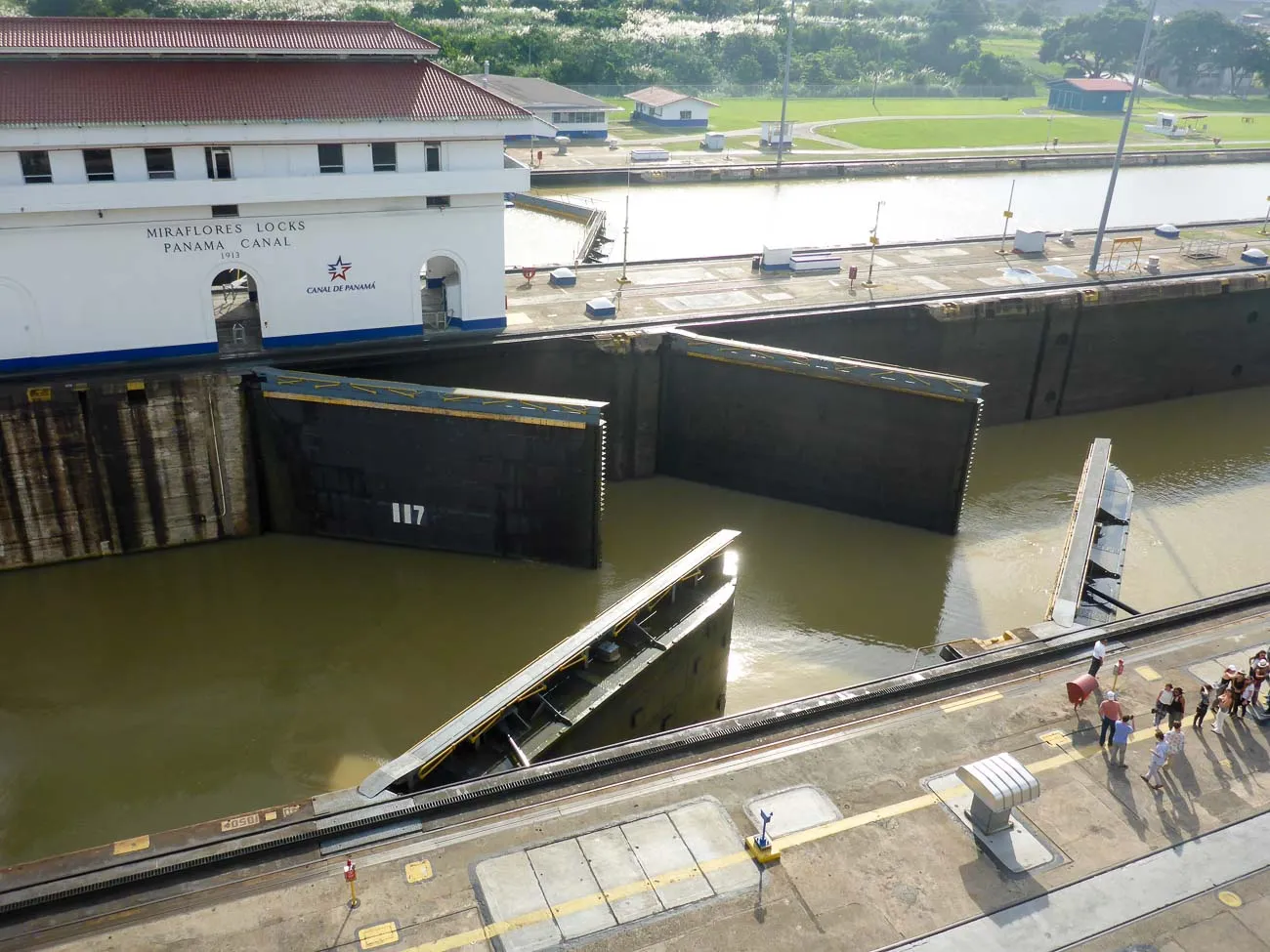
It’s hard not to be concerned about the environmental and social impact of the canal. Although throughout the visitors centre we are constantly reassured that full impact studies have been carried out and mitigation measures have been put in place for reforestation and wildlife rescue.
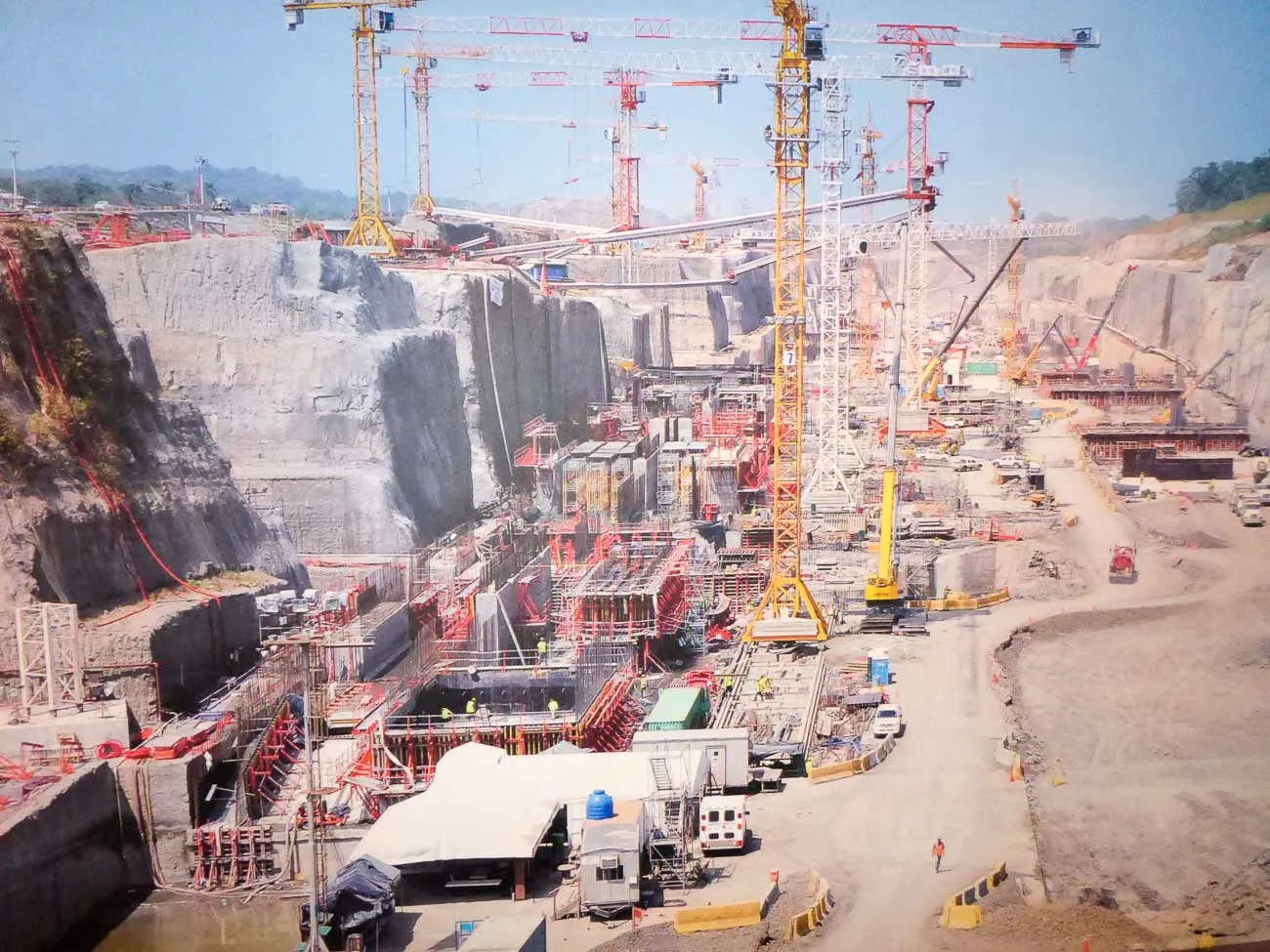
People may have varying opinions on the canal but all we can say is that we thoroughly enjoyed our day at the Miraflores Locks and felt privileged to be able to see this amazing engineering project in action.

